Publishing your research in EEE, Electronics and Communication Engineering (ECE) and Computer Science and Engineering (CSE) can be both difficult and rewarding. It has been duly noted by experts that making an effort to have a well-structured paper may significantly improve opportunities for recognition by journals and conferences of repute. Following are some expert pointers for engineering scholars to succeed in the publication endeavor.
1. Choose the Right Research Topic
You require a strong and relevant research question to serve the basis of a meaningful publication. For consideration:
Your industrial field is witnessing the adoption of emerging technologies and trends. There are several challenges that the industry is confronted with and needs solutions for. Some gaps in existing research require your attention.
2. Conduct Thorough Literature Review
The literature survey will enable you:
• To comprehend the state of research in your field.
• To identify gaps to be filled by your research.
• To avoid redundancy and build upon previous works. Use only prominent databases such as IEEE, ACM Digital Library, and Google Scholar for your research.
3. Develop a Strong Research Methodology
A clearly defined research methodology will ensure credibility. The specifications should include:
• A very specific hypothesis or research question.
• Sound experimental design, simulations, or theoretical modeling.
• Precise data collection and analysis techniques.
4. Choose the Right Journal or Conference
Proper choice of a publication venue raises an acceptance probability. Consider:
• The journal's Scope and Impact Factor.
• The conference's Reputation and Indexing.
• The journal's recognition as a peer-reviewed publication and Scopus/SCI-indexed.
5. Follow Author Guidelines Strictly
Each journal and conference has its own formatting and submission rules. So please ensure:
· That your paper adheres to the specified structure (Abstract, Introduction, Methodology, Results, Discussion, Conclusion, and References).
· That proper citation format (IEEE, ACM, or APA style) be applied.
· That page limits and file format requirements are observed.
6. Write a Clear and Concise Paper
Good writing will enhance the readability of a piece and also its impact. Some of these strategies include the following:
• Simple, precise language.
• Logical flow and coherence.
• Data presented through appropriate tables, graphs, and illustrations.
• Compelling and informative abstract, introduction, and conclusion.
7. Address Reviewer Comments Diligently
In case your manuscript gets reviewer feedback, address it as follows:
• Well-supported revision to every comment.
• If needed, a pointwise response document.
• Resubmission by the final deadline.
8. Stay Ethical and Avoid Plagiarism
Prevent violations of academic integrity by:
• Proper citations for all sources.
• Creating a plagiarism report using services such as Grammarly.
• Keeping data integrity no fabrication or falsification of data.
9. Network with Experts
Networking with experts in your field can:
• Provide a clear understanding of high-impact research areas.
• Open avenues for collaboration with developed agreements.
• Improve the visibility of your work, through citations and references.
10. Keep Improving and Stay Updated
The fields of engineering are changing too rapidly.
• Attend workshops, webinars, and conferences.
• Always keep honing your research skills.
• Stay informed about new trends and emerging technologies.
Conclusion
In the fields of EEE, ECE, and CSE, the process of publication unfolds through a strategic phase, wherein one chooses the preferred research topic and submits a manuscript in proper delivery. Keeping the ethical stature, asking for reviewers or experts from its region, and being up-to-date about technological advancements will work towards higher publication chances for scholars. A good publishing research career helps not only the scientific community but also facilitates further advancement in one's academic and professional career. Keep striving and happy publishing!
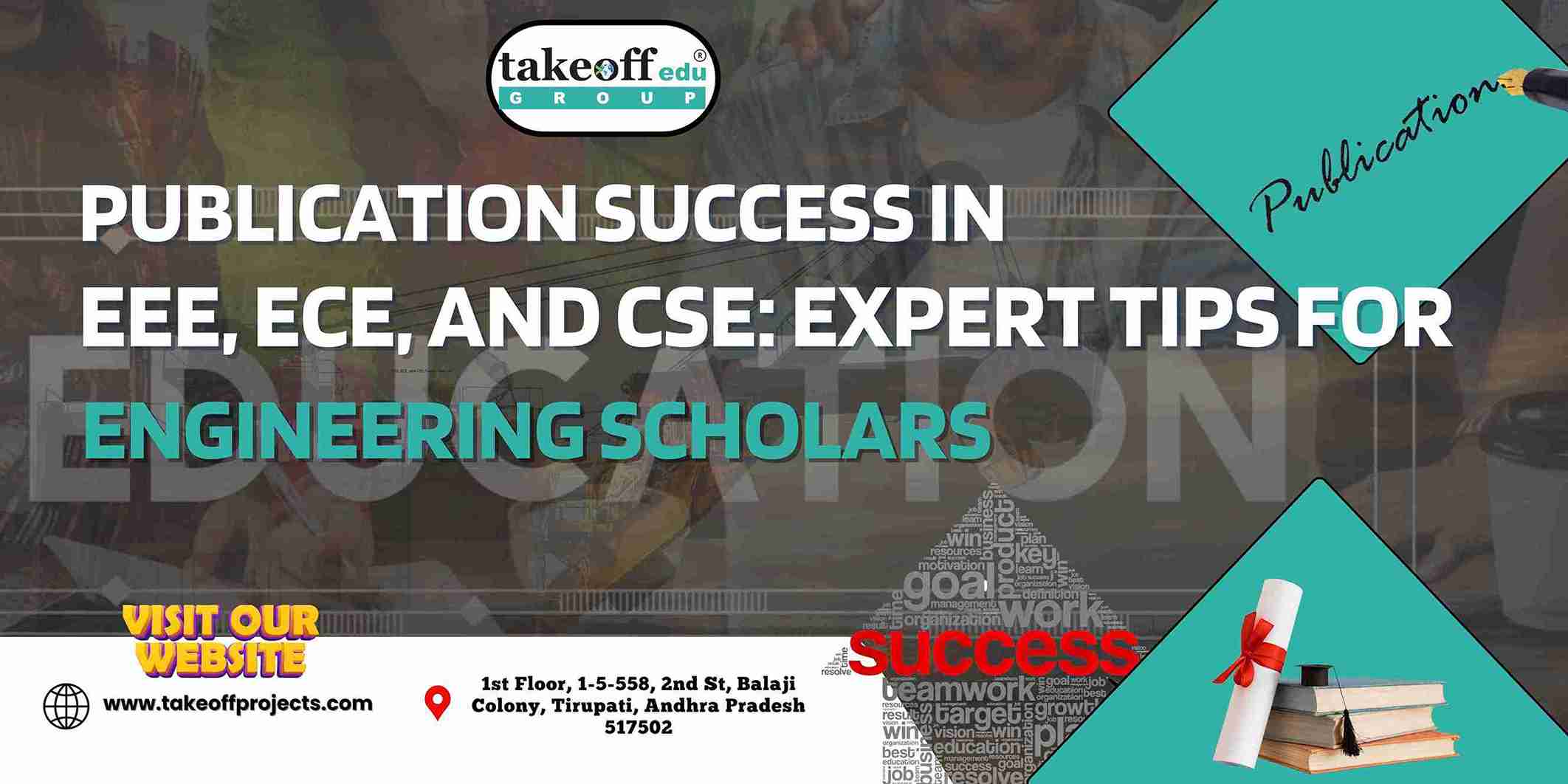
 PhD in Electrical Engineering: Research & Writing Support
PhD in Electrical Engineering: Research & Writing Support  Which are the Best PhD Assistance and Dissertation Writing Services in India?
Which are the Best PhD Assistance and Dissertation Writing Services in India?  How to Choose a PhD Research Domain: EEE, ECE, or CSE?
How to Choose a PhD Research Domain: EEE, ECE, or CSE? 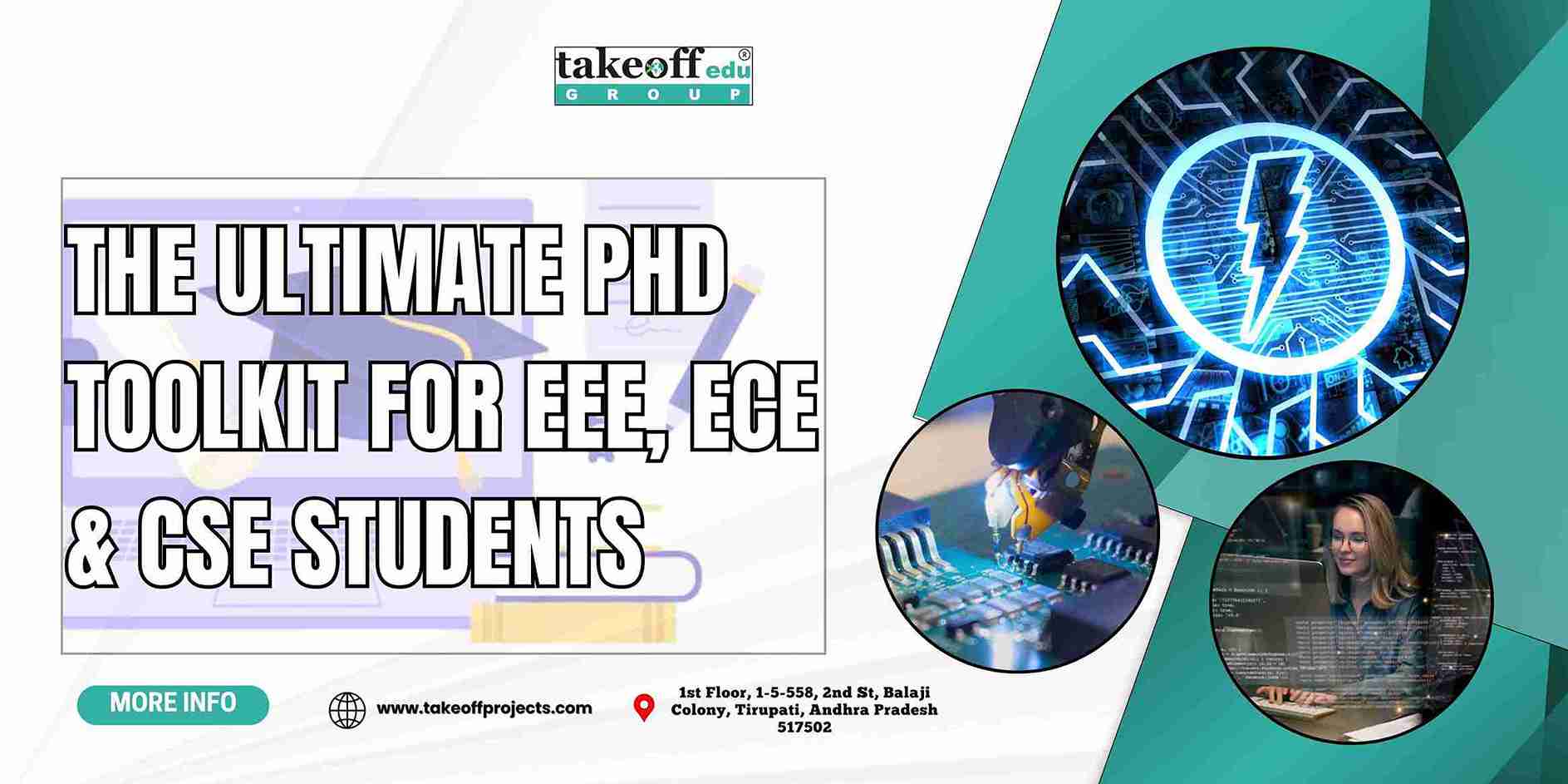 The Ultimate PhD Toolkit for EEE, ECE and CSE Students
The Ultimate PhD Toolkit for EEE, ECE and CSE Students 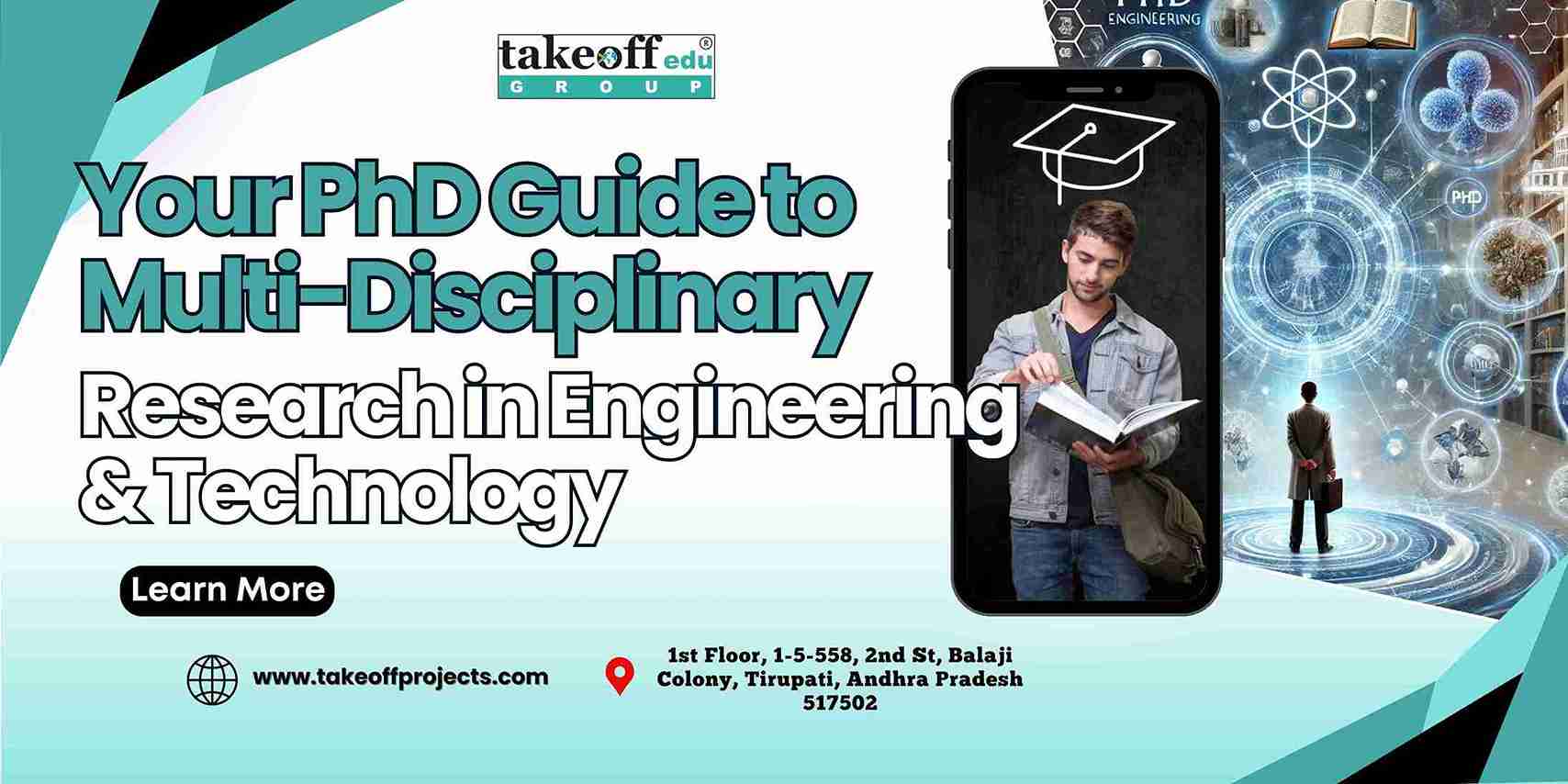 Your PhD Guide to Multi-Disciplinary Research in Engineering and Technology
Your PhD Guide to Multi-Disciplinary Research in Engineering and Technology  Top PhD Topics across EEE, ECE, and CSE: Bridging Innovation and Impact
Top PhD Topics across EEE, ECE, and CSE: Bridging Innovation and Impact 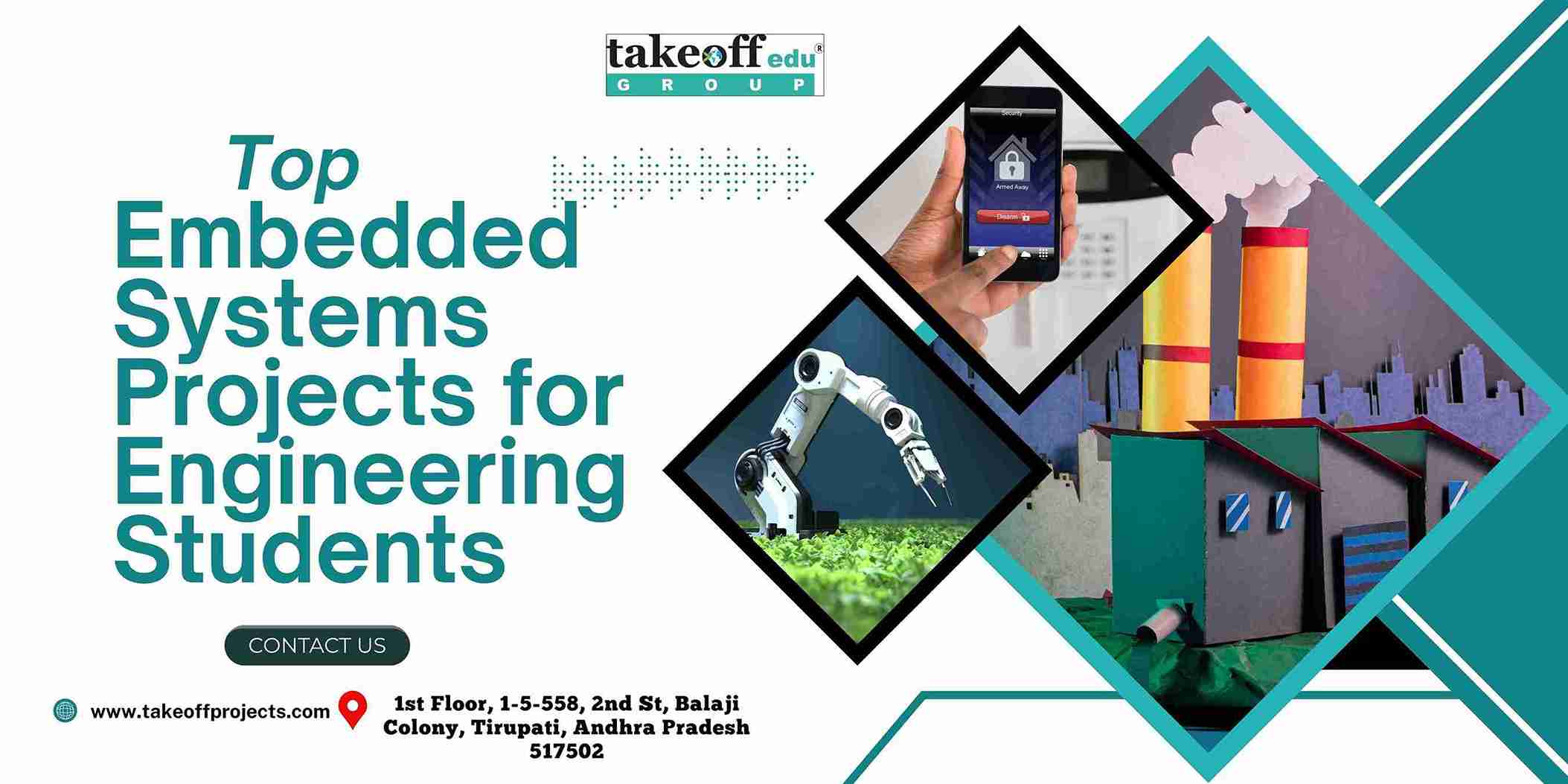 Top Embedded Systems Projects for Engineering Students
Top Embedded Systems Projects for Engineering Students 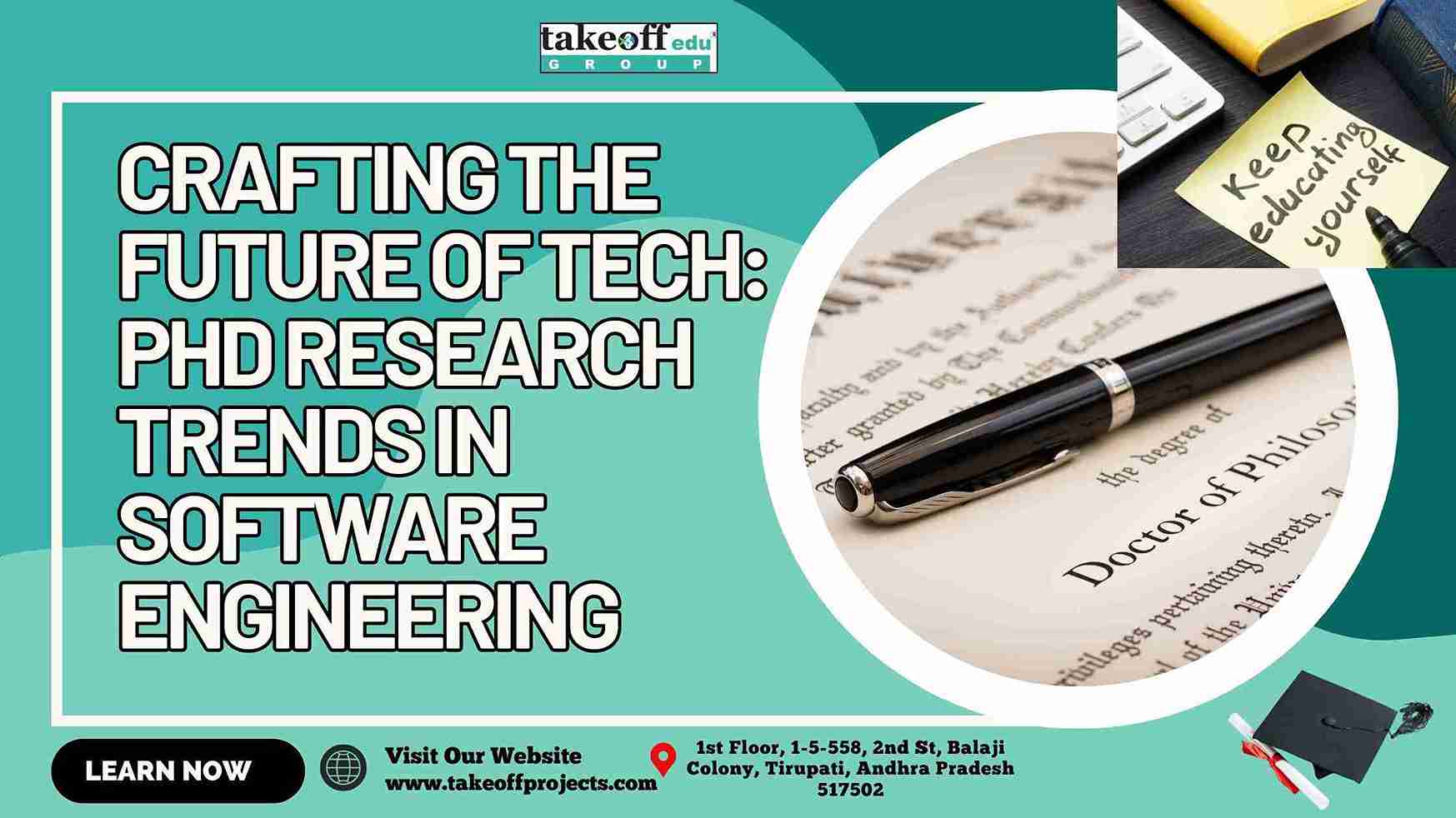 Crafting the Future of Tech: PhD Research Trends in Software Engineering
Crafting the Future of Tech: PhD Research Trends in Software Engineering 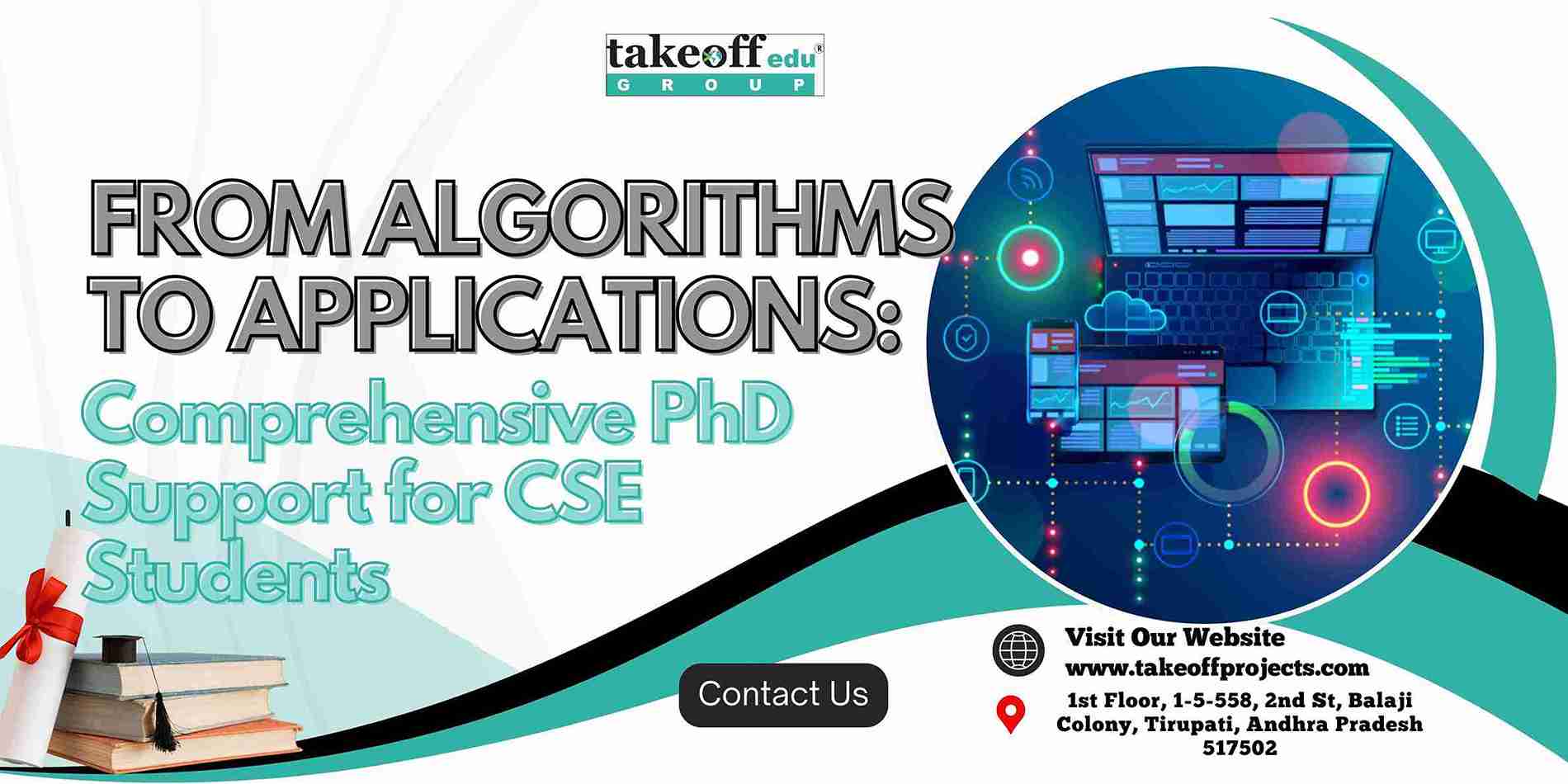 From Algorithms to Applications: Comprehensive PhD Support for CSE Students
From Algorithms to Applications: Comprehensive PhD Support for CSE Students  Cybersecurity and Blockchain: Pioneering Research Areas for PhD Scholars
Cybersecurity and Blockchain: Pioneering Research Areas for PhD Scholars  The Art of Writing High-Impact Research Papers in CSE Domains
The Art of Writing High-Impact Research Papers in CSE Domains 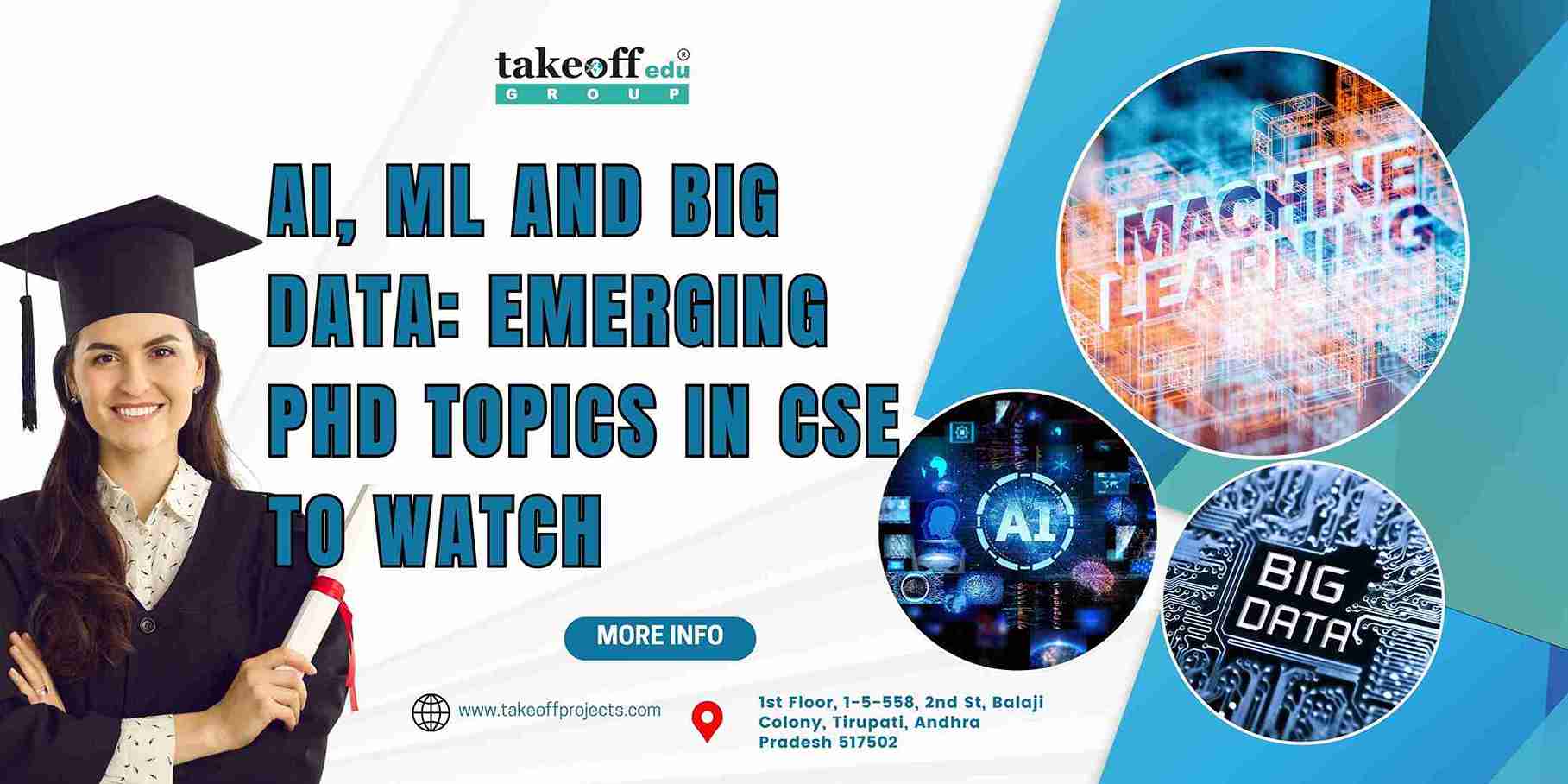 AI, ML, and Big Data: Emerging PhD Topics in CSE to Watch
AI, ML, and Big Data: Emerging PhD Topics in CSE to Watch  Top Research Trends in Electrical Drives for Aspiring PhD Scholars
Top Research Trends in Electrical Drives for Aspiring PhD Scholars 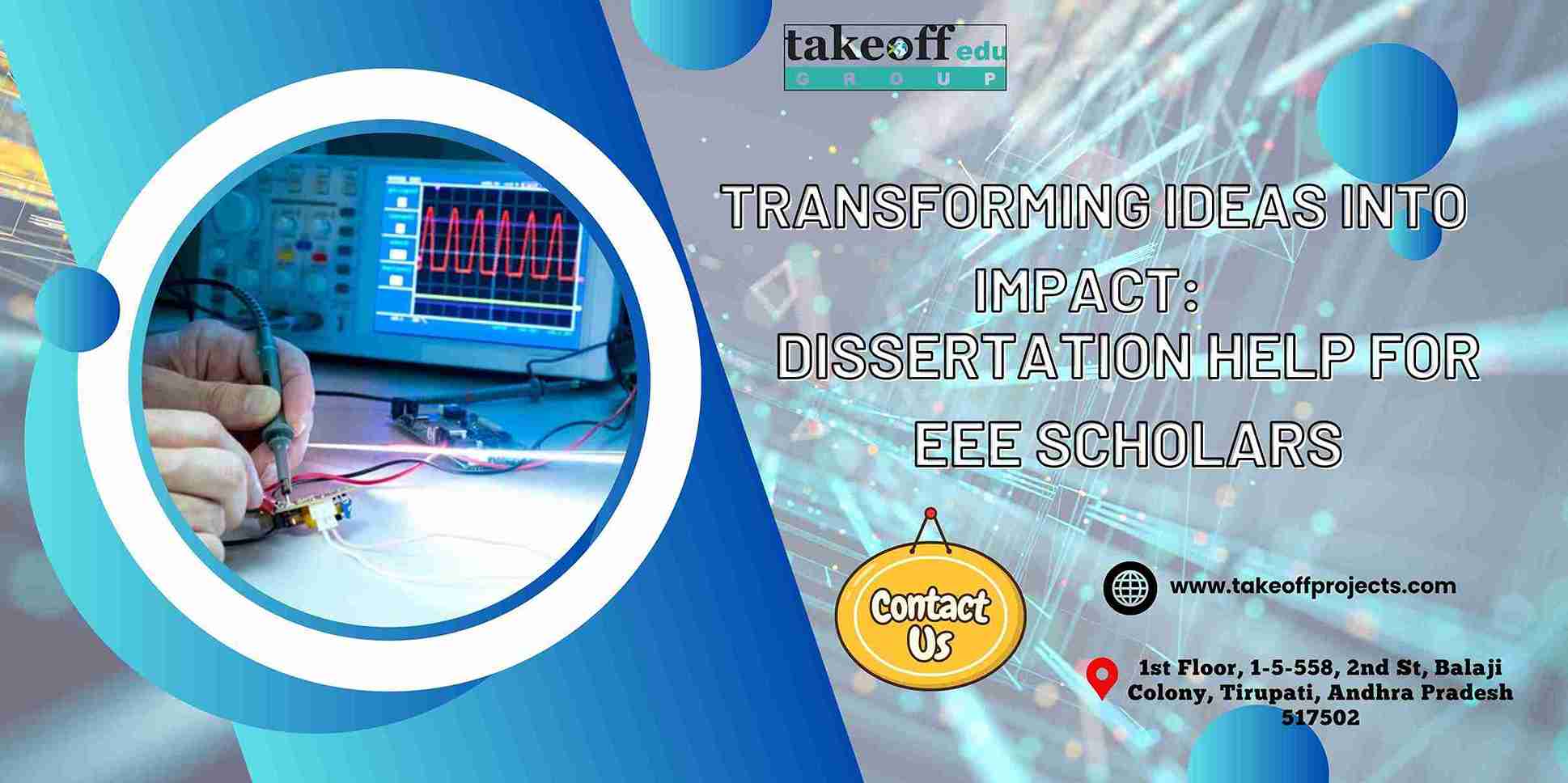 Transforming Ideas into Impact: Dissertation Help for EEE Scholars
Transforming Ideas into Impact: Dissertation Help for EEE Scholars 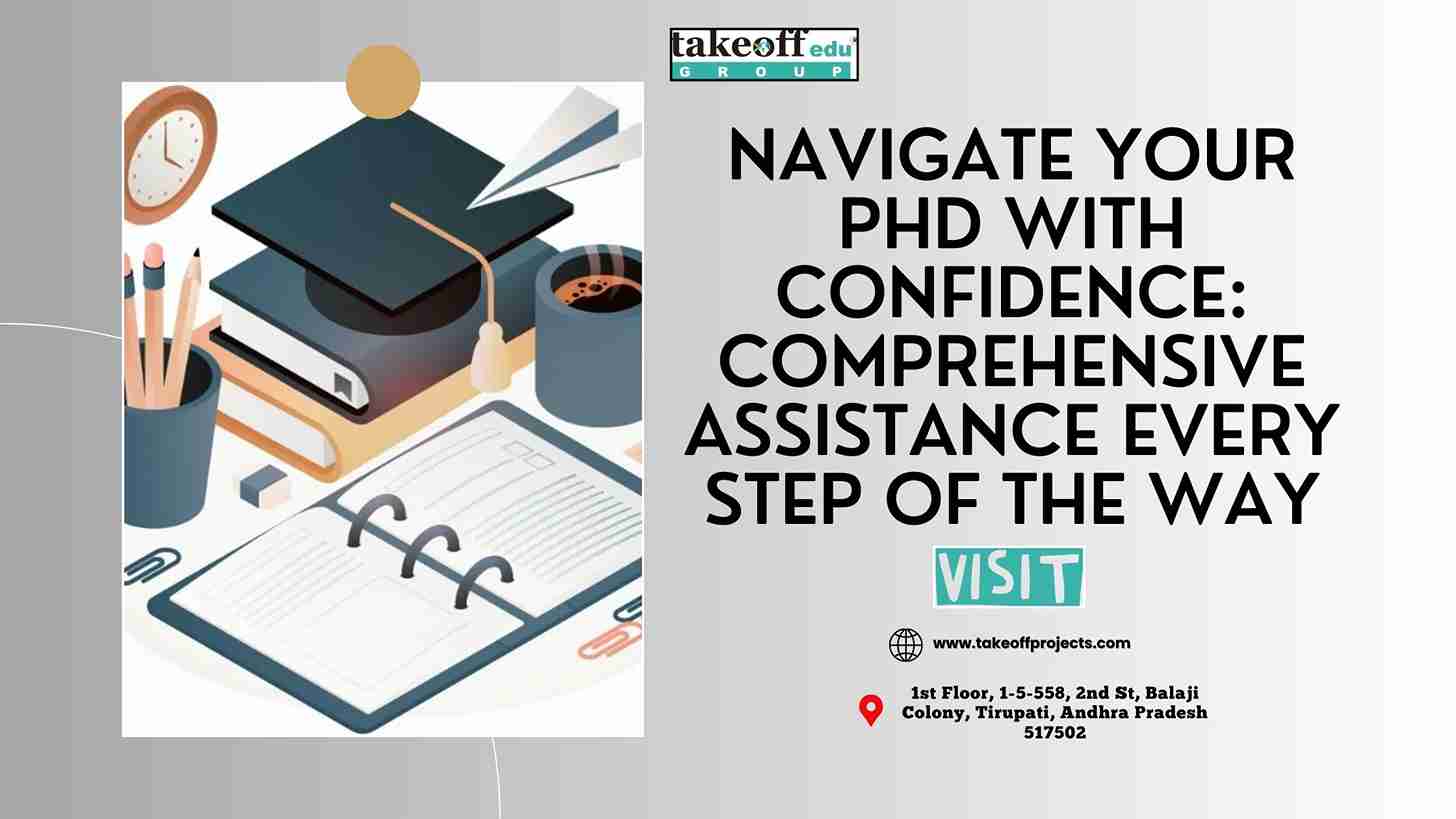 Navigate Your PhD with Confidence: Comprehensive Assistance Every Step of the Way
Navigate Your PhD with Confidence: Comprehensive Assistance Every Step of the Way  ECE Dissertation Success: Expert Tips for Writing and Publishing your Academic Success
ECE Dissertation Success: Expert Tips for Writing and Publishing your Academic Success 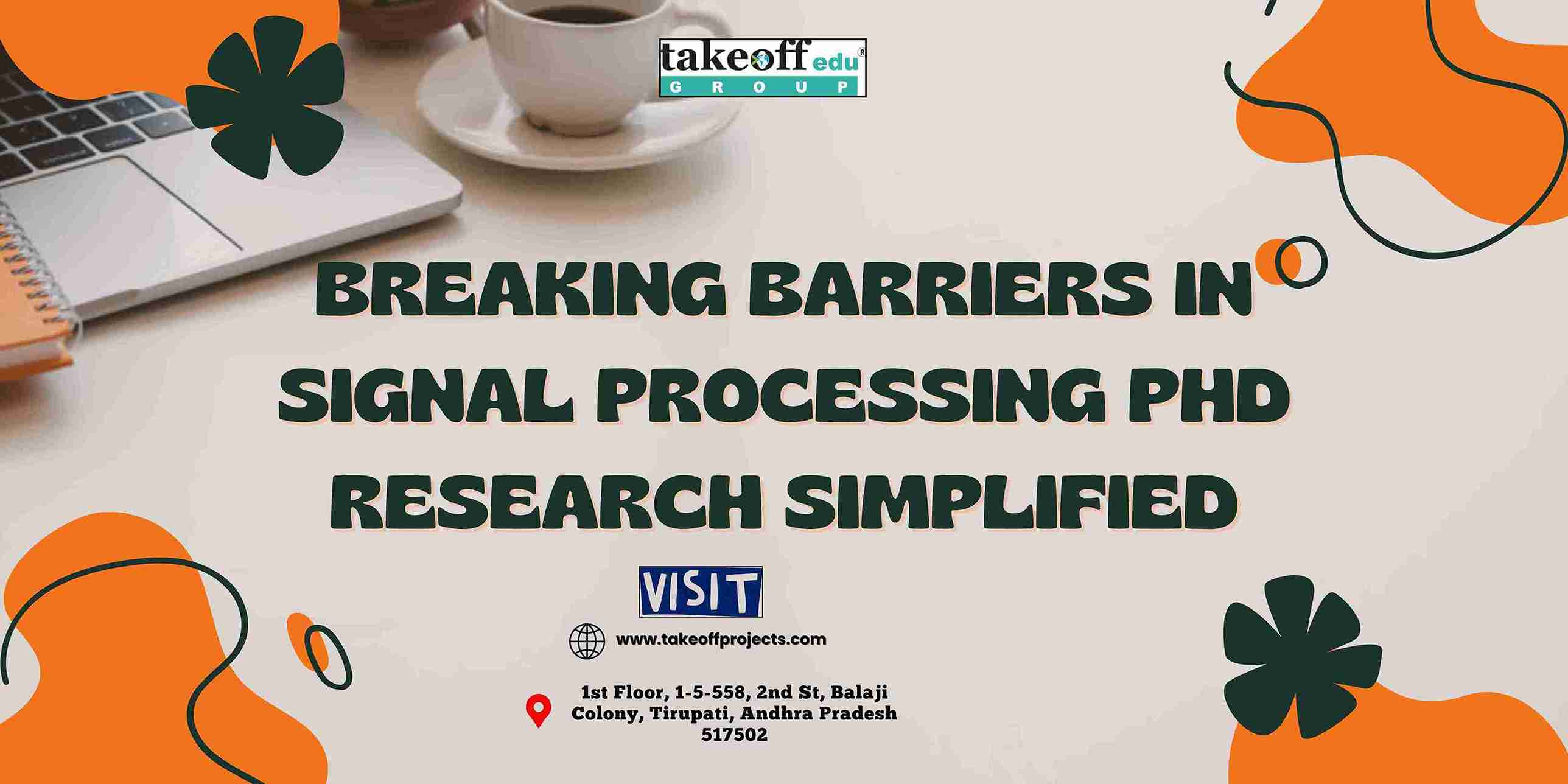 Breaking Barriers in Signal Processing: PhD Research Simplified
Breaking Barriers in Signal Processing: PhD Research Simplified 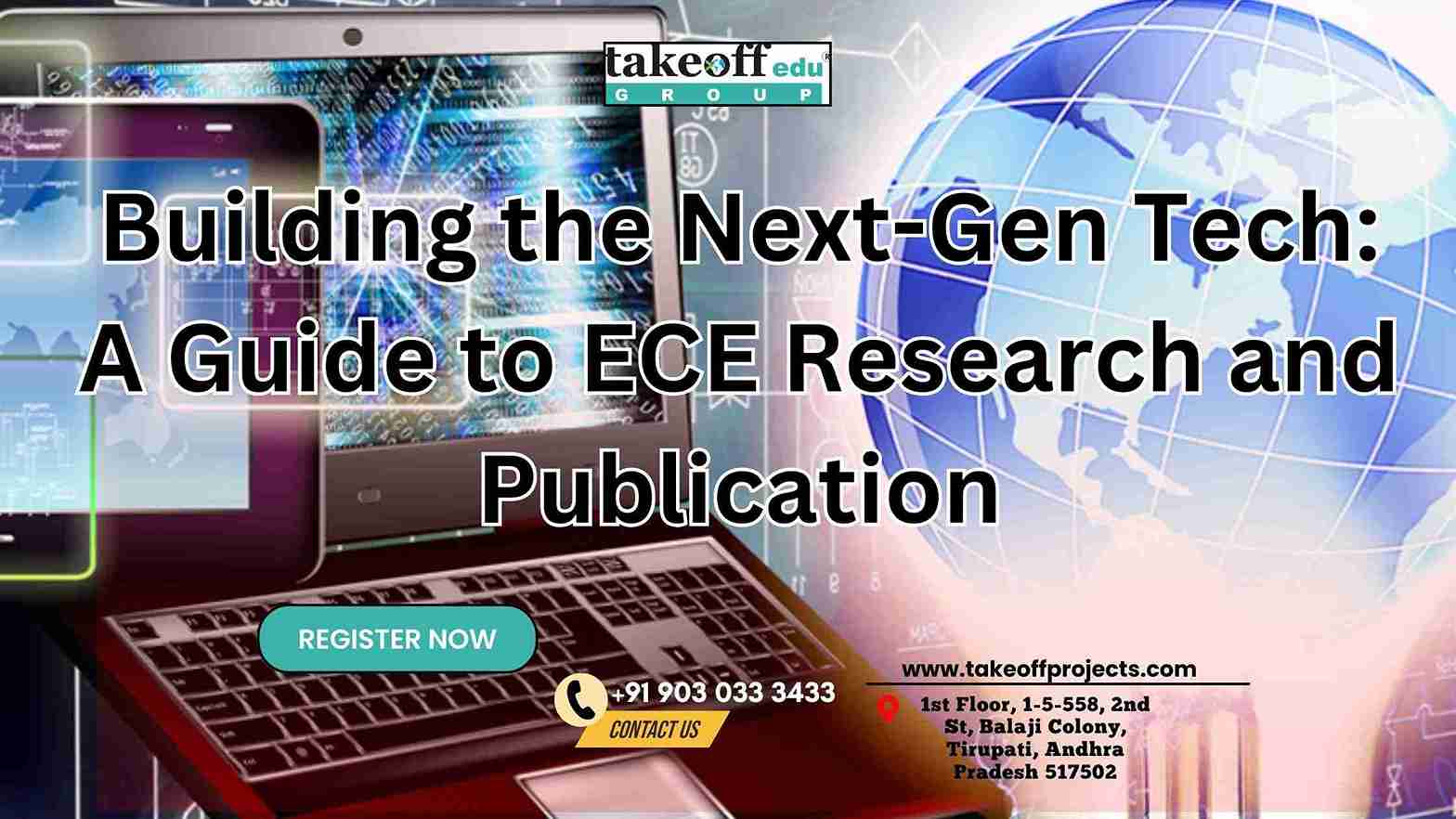 Building the Next-Gen Tech: A Guide to ECE Research and Publication
Building the Next-Gen Tech: A Guide to ECE Research and Publication 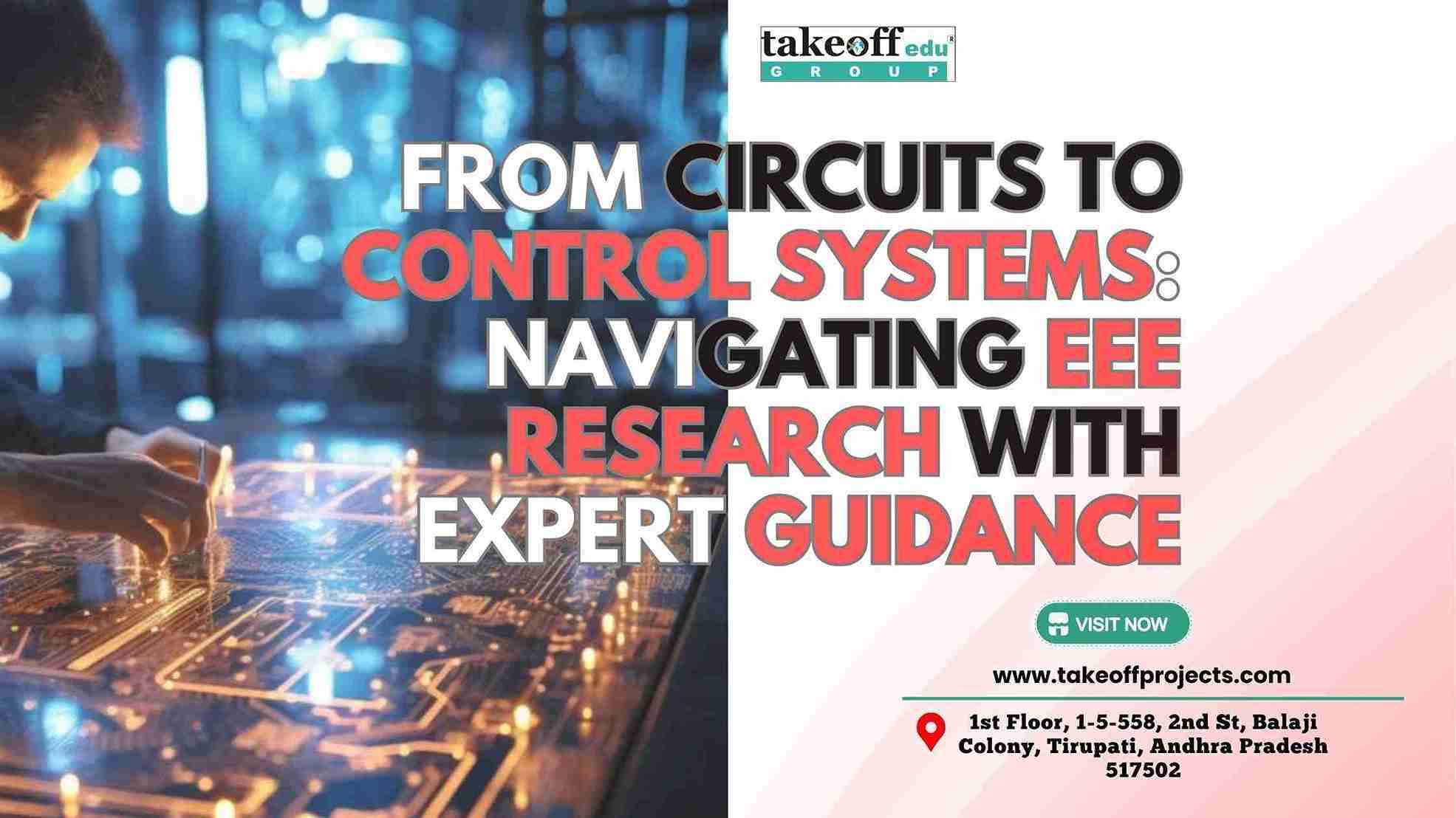 From Circuits to Control Systems: Navigating EEE Research with Expert Guidance
From Circuits to Control Systems: Navigating EEE Research with Expert Guidance  From Data to Discovery: Quantitative Analysis That Drives Results
From Data to Discovery: Quantitative Analysis That Drives Results  Future of IoT and Wireless Communication: Top PhD Opportunities in ECE
Future of IoT and Wireless Communication: Top PhD Opportunities in ECE  Top PhD Topics Energy Management in Power Electronics
Top PhD Topics Energy Management in Power Electronics 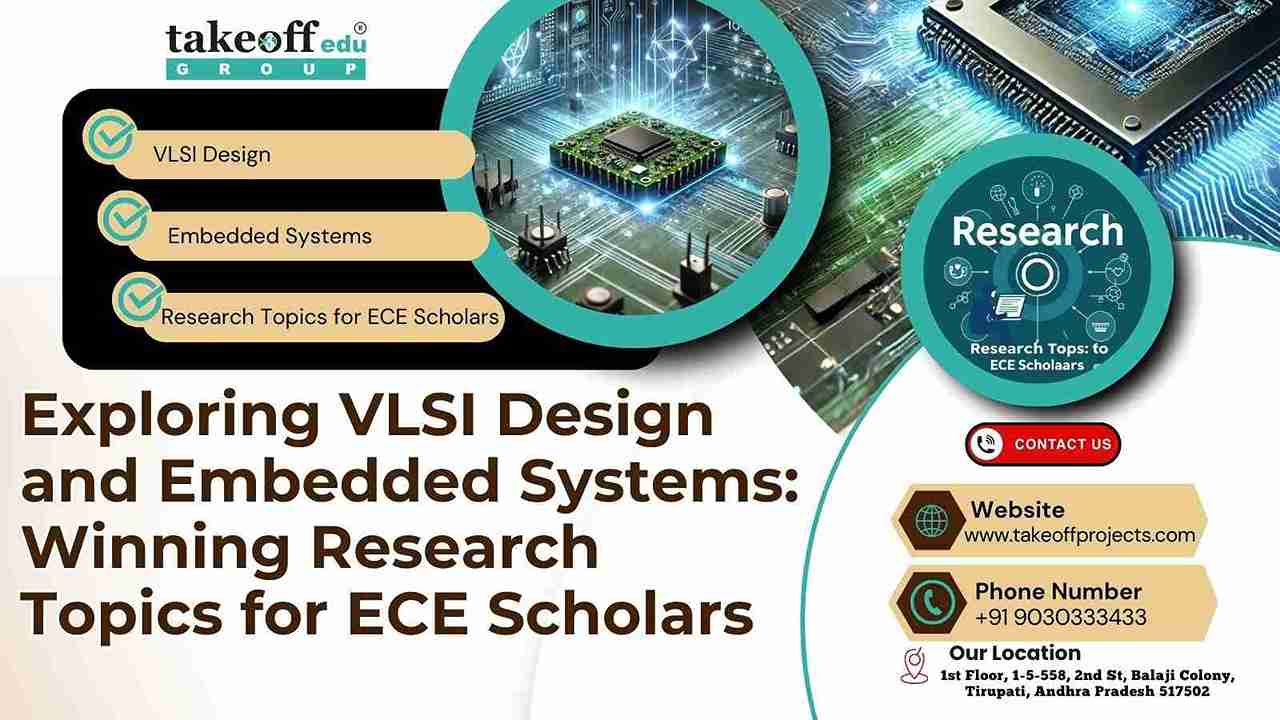 Exploring VLSI Design and Embedded Systems: Winning Research Topics for ECE Scholars
Exploring VLSI Design and Embedded Systems: Winning Research Topics for ECE Scholars  Expert-Approved Techniques for Crafting a Winning PhD Synopsis
Expert-Approved Techniques for Crafting a Winning PhD Synopsis 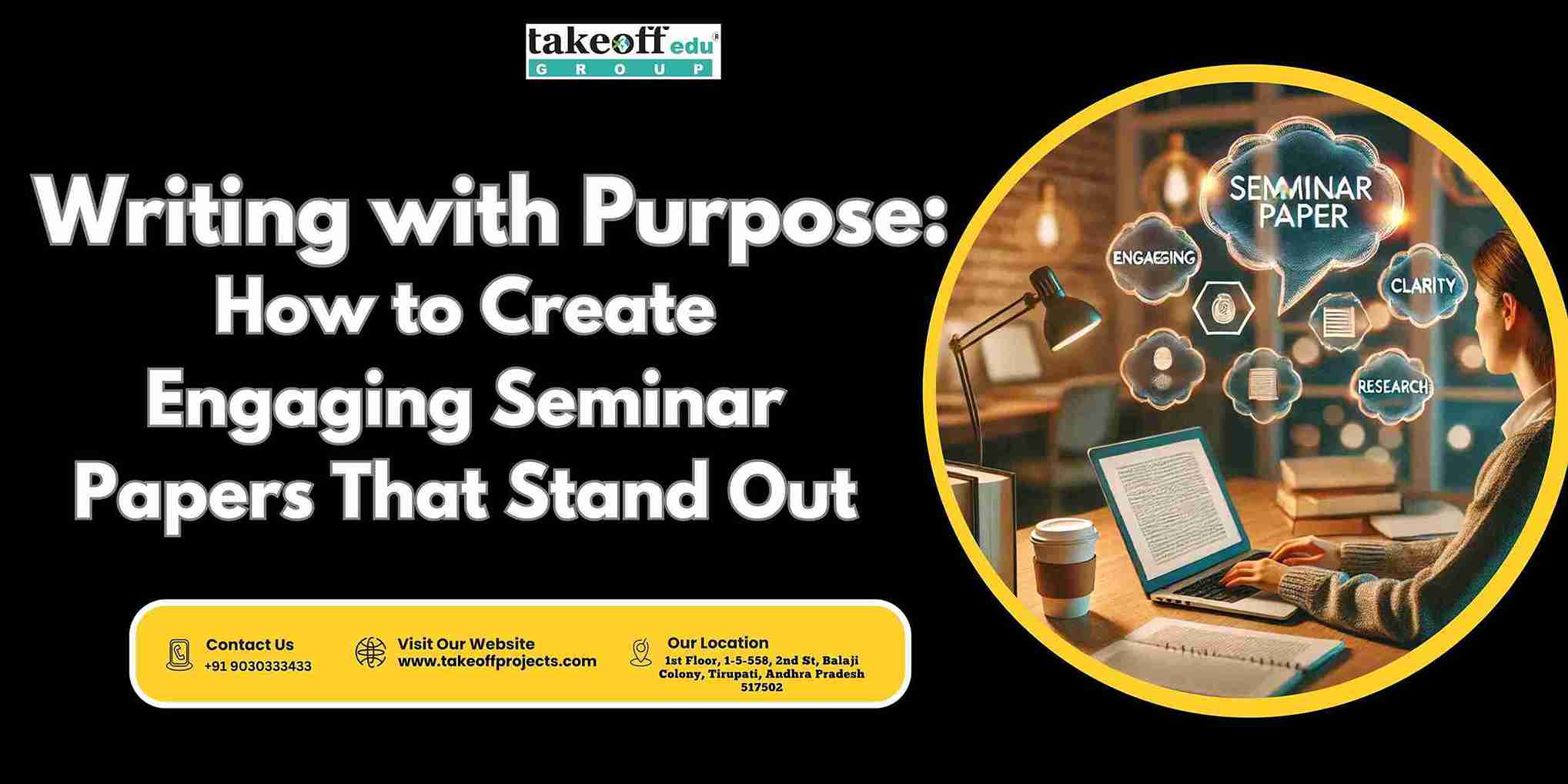 Writing with Purpose: How to Create Engaging Seminar Papers That Stand Out
Writing with Purpose: How to Create Engaging Seminar Papers That Stand Out 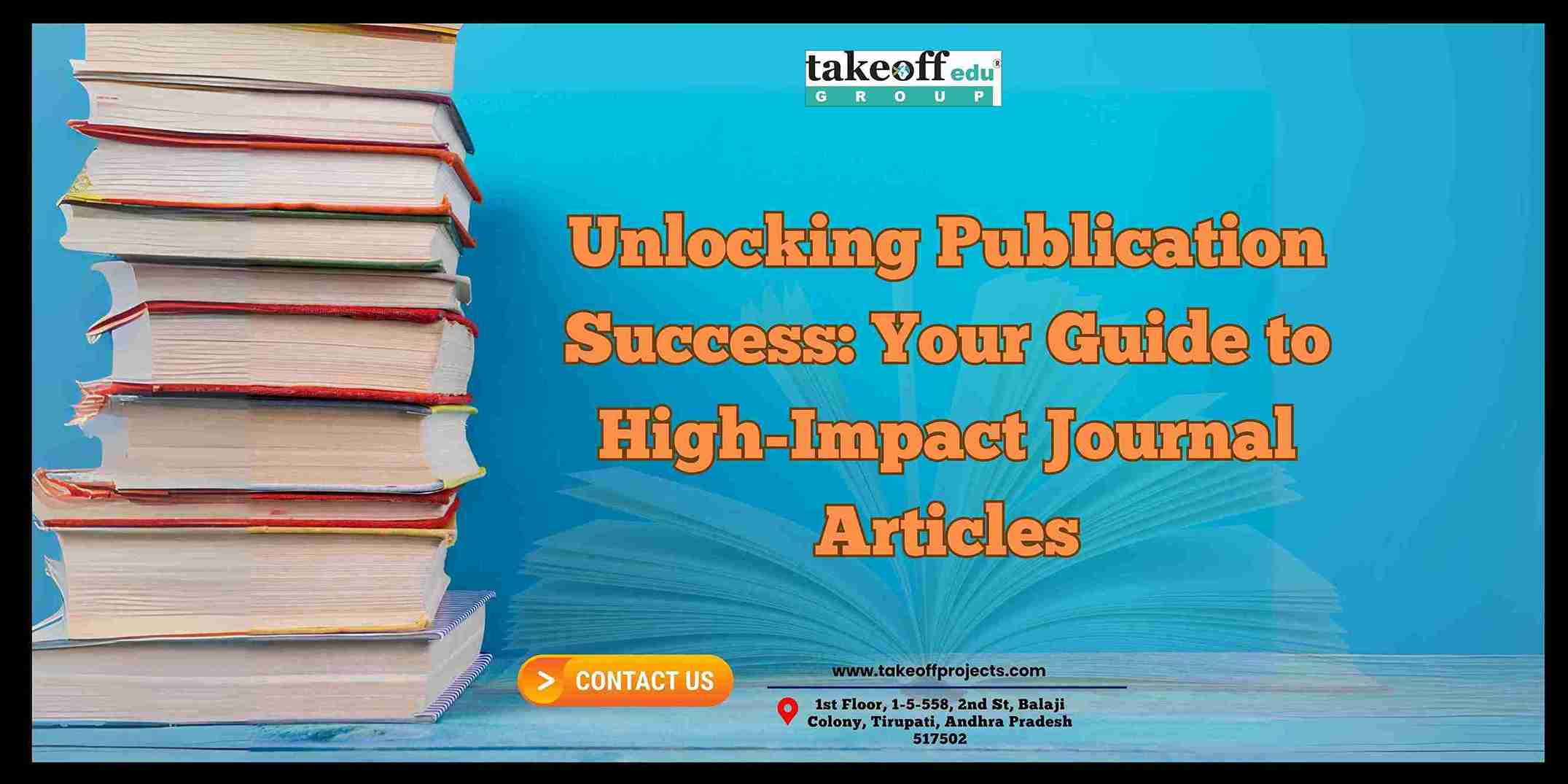 Unlocking Publication Success: Your Guide to High-Impact Journal Articles
Unlocking Publication Success: Your Guide to High-Impact Journal Articles 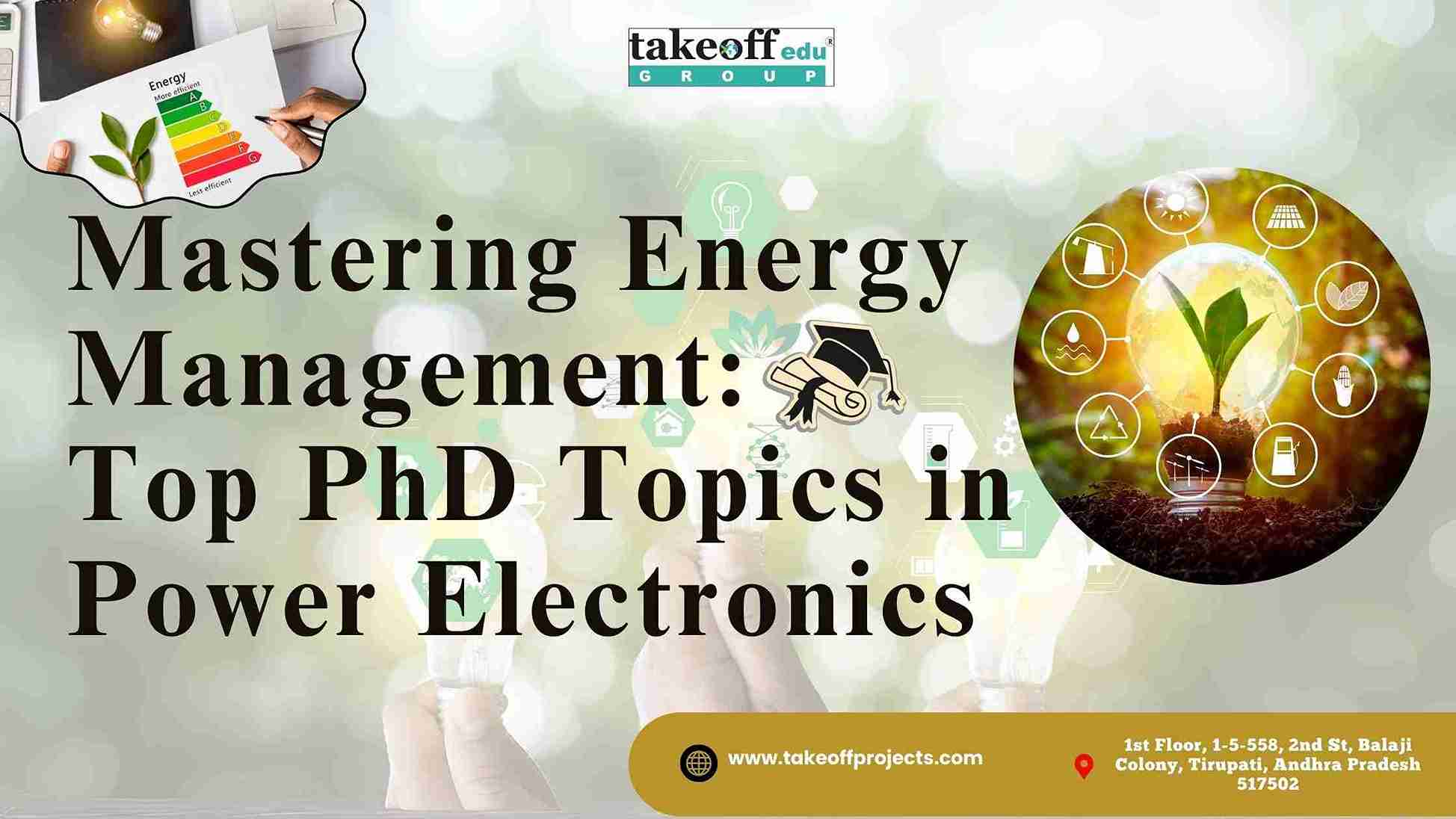 Mastering Energy Management: Top PhD Topics in Power Electronics
Mastering Energy Management: Top PhD Topics in Power Electronics  PhD Topic Selection Simplified: Choosing What Matters Most to You
PhD Topic Selection Simplified: Choosing What Matters Most to You 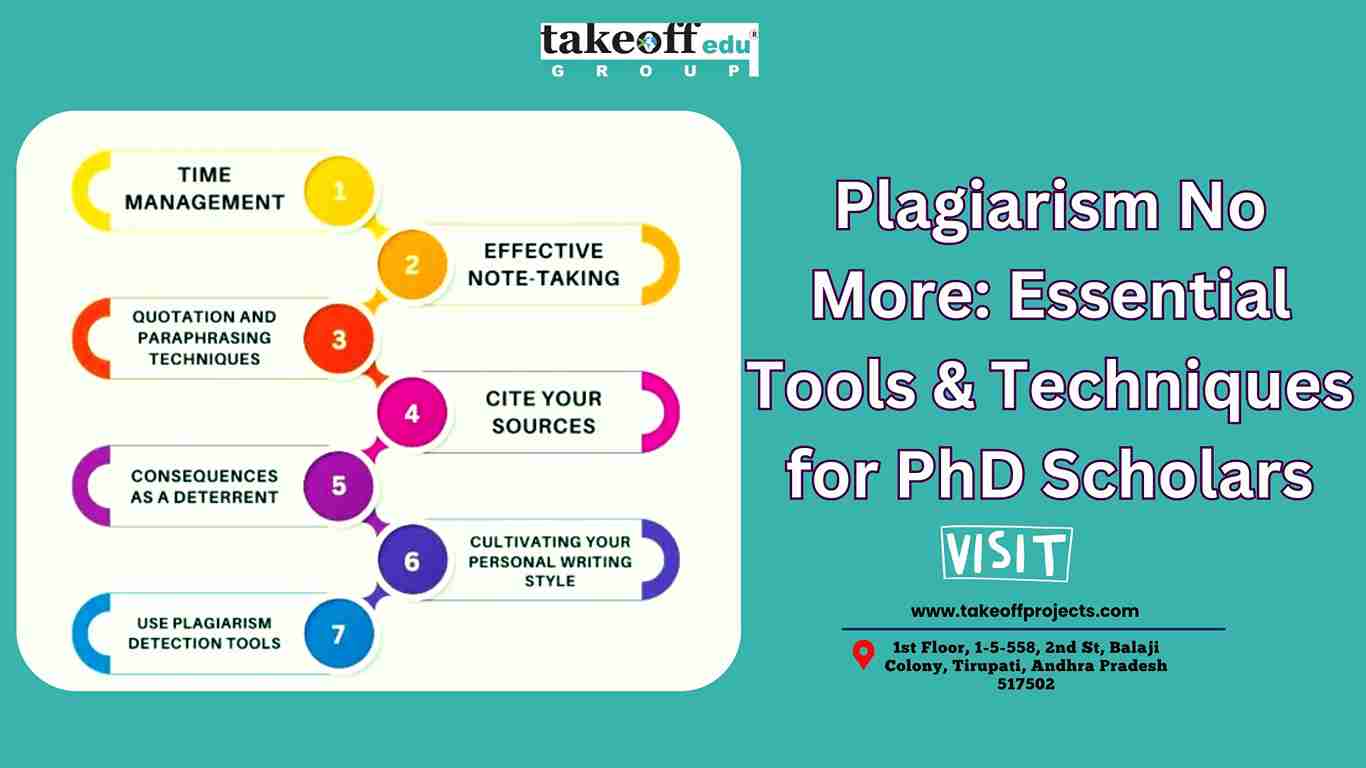 Plagiarism No More: Essential Tools and Techniques for PhD Scholars
Plagiarism No More: Essential Tools and Techniques for PhD Scholars 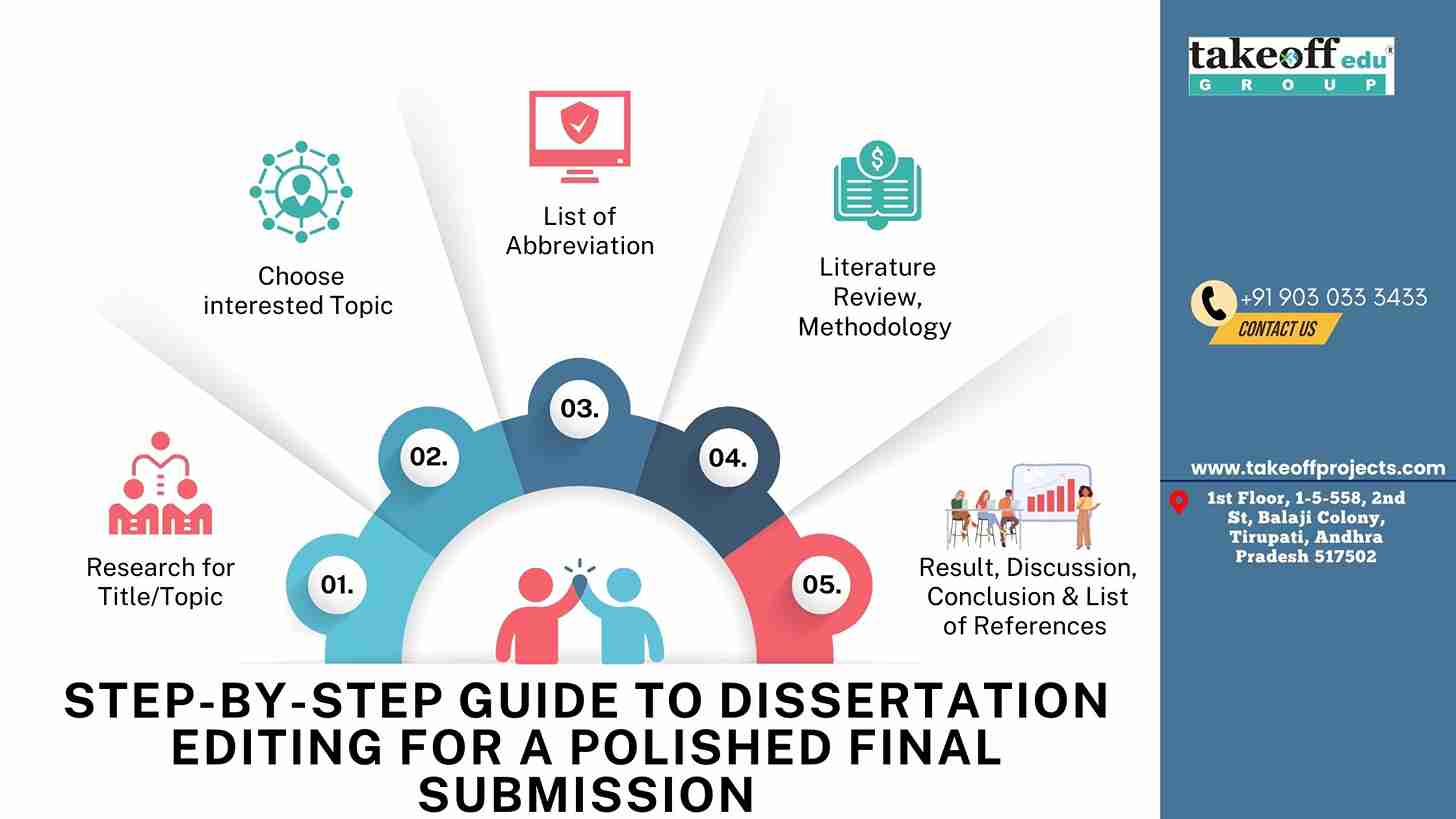 Step-by-Step Guide to Dissertation Editing for a Polished Final Submission
Step-by-Step Guide to Dissertation Editing for a Polished Final Submission  Why Literature Review Is the Backbone of Your PhD Research?
Why Literature Review Is the Backbone of Your PhD Research? 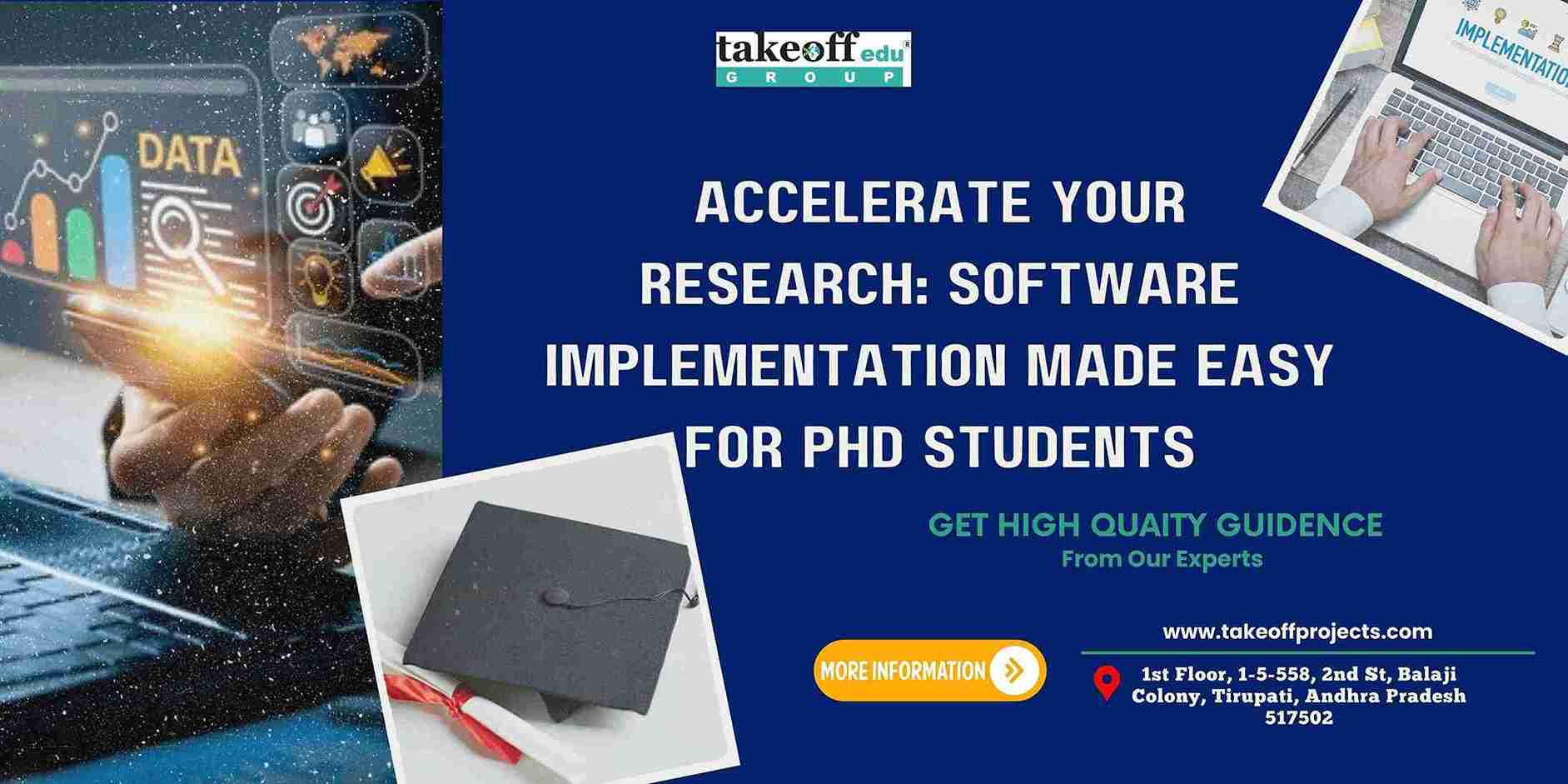 Accelerate Your Research: Software Implementation Made Easy for PhD Students
Accelerate Your Research: Software Implementation Made Easy for PhD Students  Stress-Free PhD Viva Voce Preparation: Expert Tips to Impress Examiners
Stress-Free PhD Viva Voce Preparation: Expert Tips to Impress Examiners 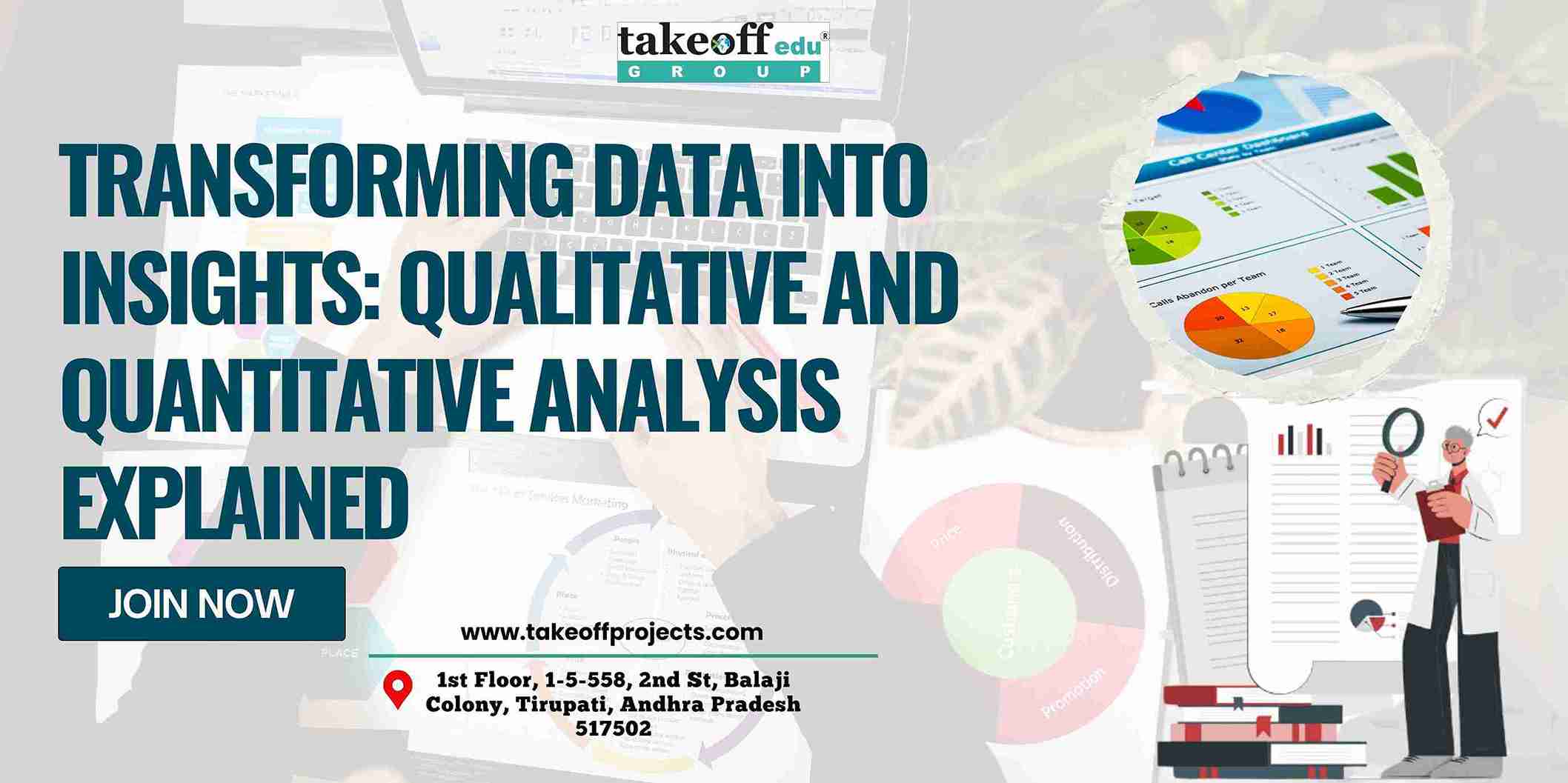 Transforming Data into Insights: Qualitative and Quantitative Analysis Explained
Transforming Data into Insights: Qualitative and Quantitative Analysis Explained 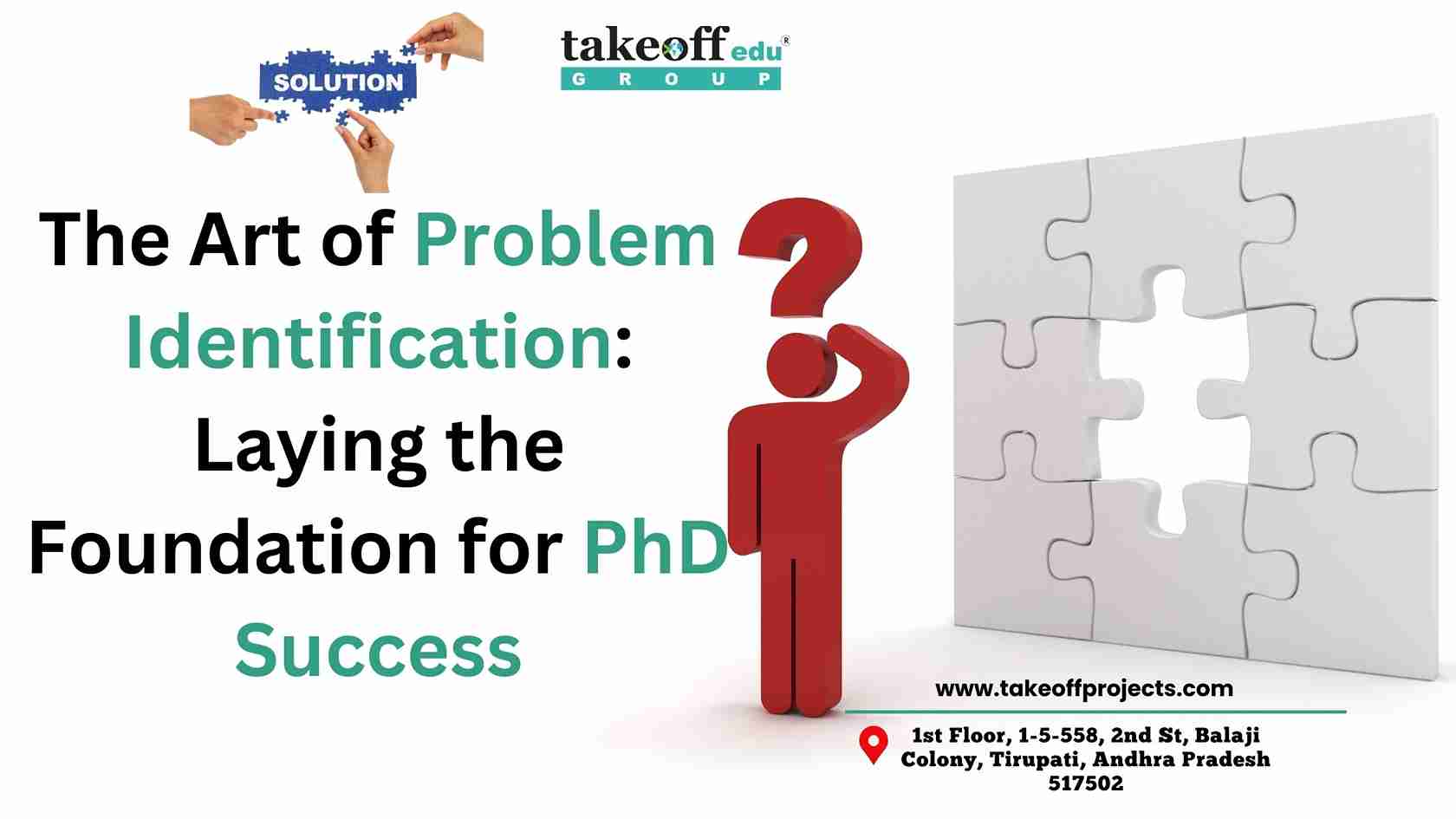 The Art of Problem Identification: Laying the Foundation for PhD Success
The Art of Problem Identification: Laying the Foundation for PhD Success  Say Goodbye to Plagiarism Worries: A Guide to Flawless Dissertation Writing
Say Goodbye to Plagiarism Worries: A Guide to Flawless Dissertation Writing 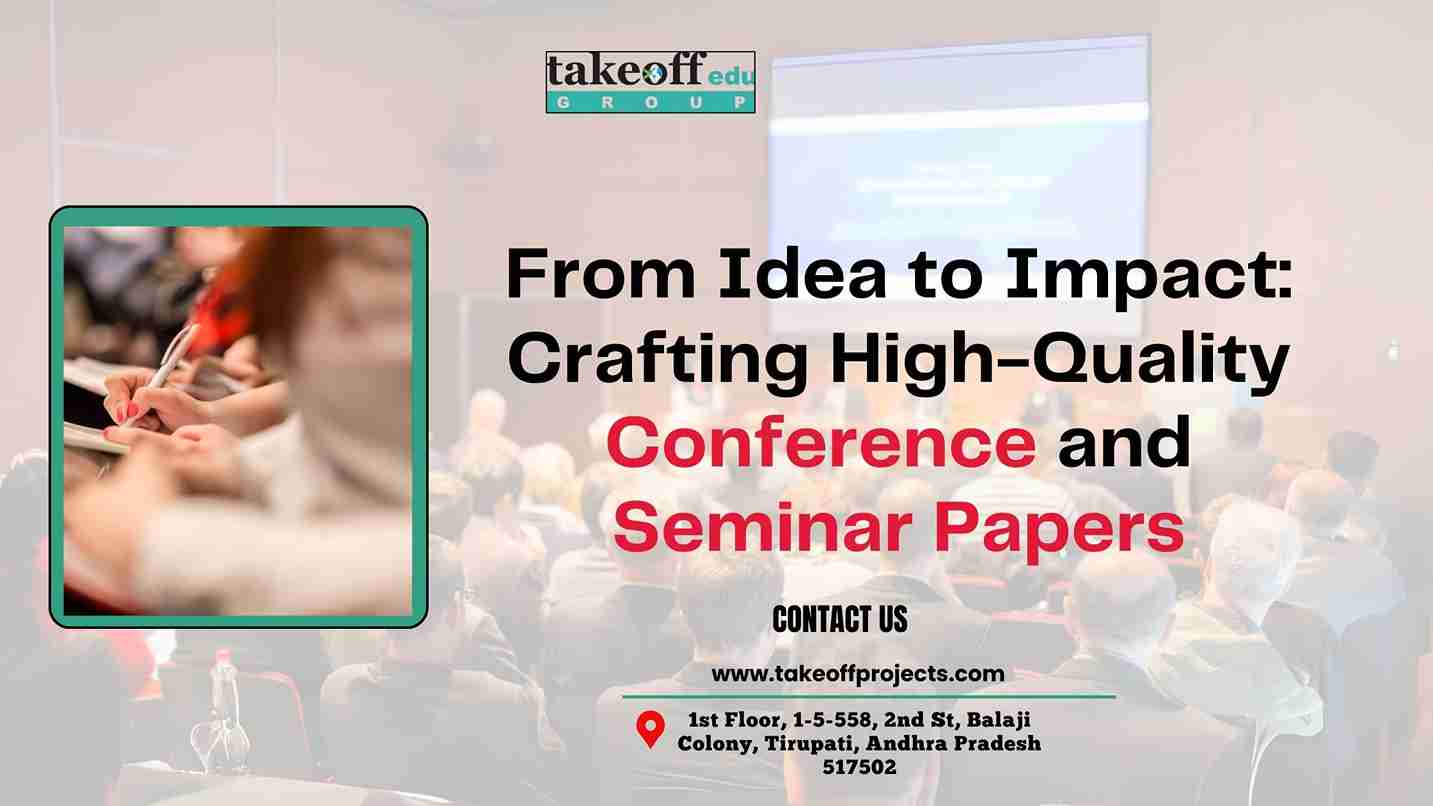 From Idea to Impact: Crafting High-Quality Conference and Seminar Papers
From Idea to Impact: Crafting High-Quality Conference and Seminar Papers 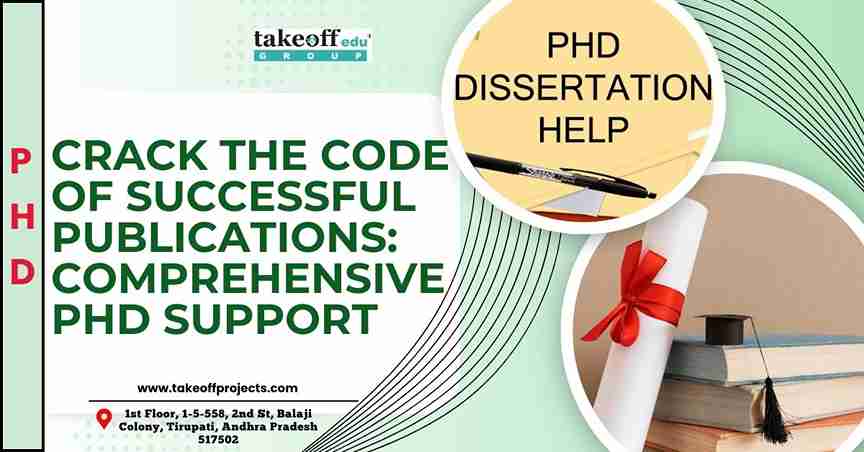 Crack the Code of Successful Publications: Comprehensive PhD Support
Crack the Code of Successful Publications: Comprehensive PhD Support 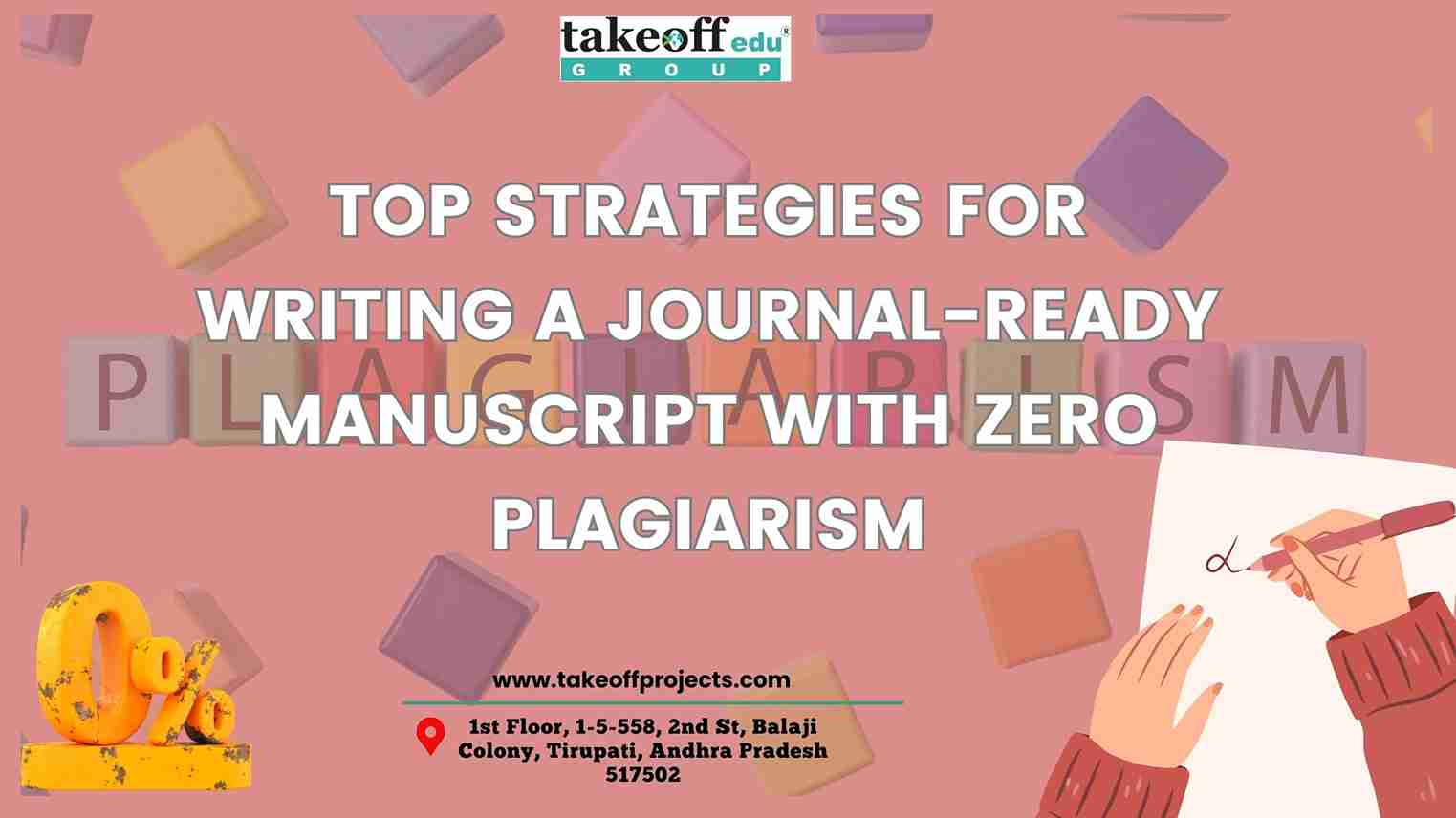 Top Strategies for Writing a Journal Ready Manuscript with Zero Plagiarism
Top Strategies for Writing a Journal Ready Manuscript with Zero Plagiarism  How to Nail Your PhD Research Proposal: Tips from the Pros
How to Nail Your PhD Research Proposal: Tips from the Pros 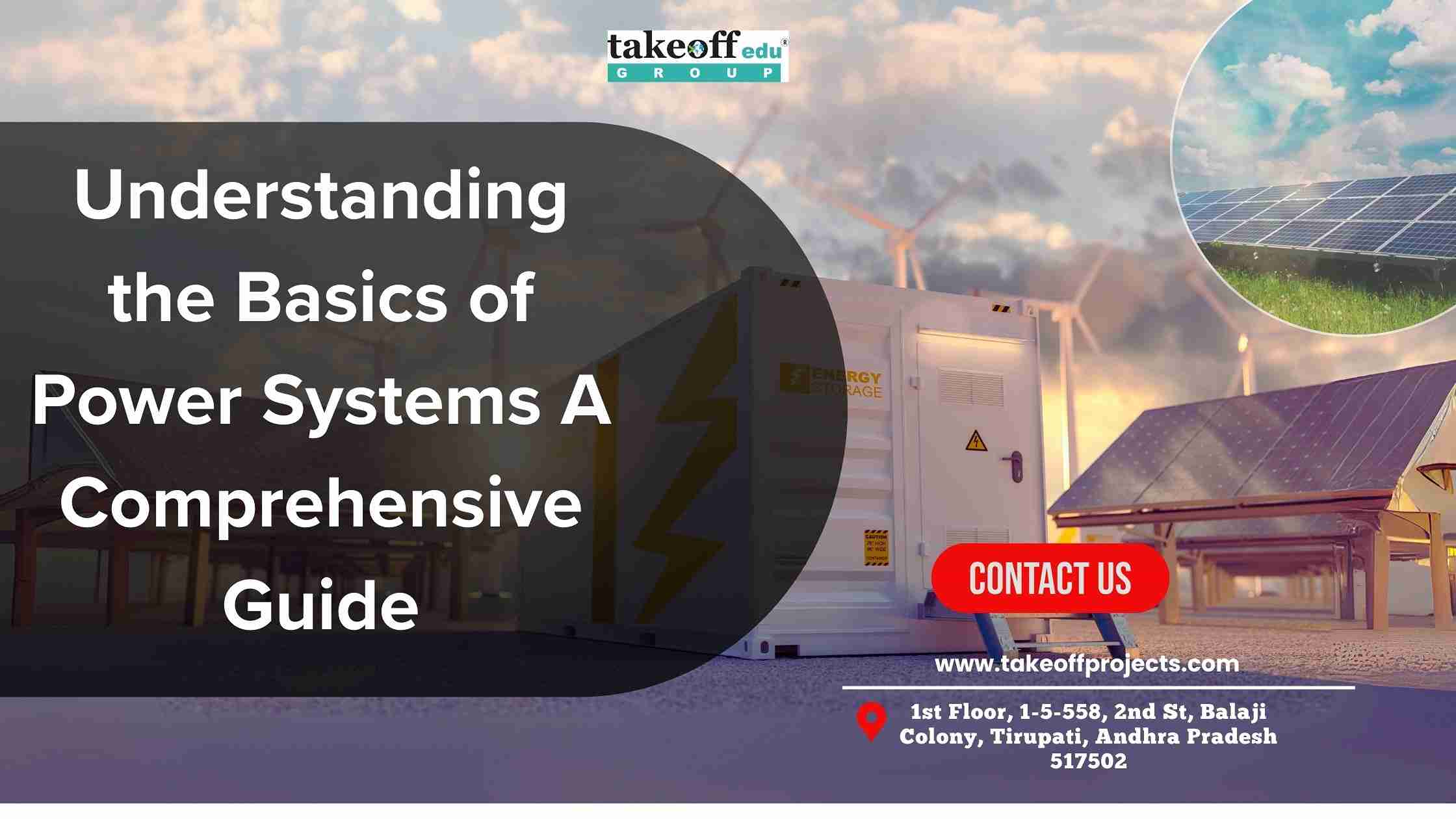 Understanding the Basics of Power Systems: A Comprehensive Guide
Understanding the Basics of Power Systems: A Comprehensive Guide 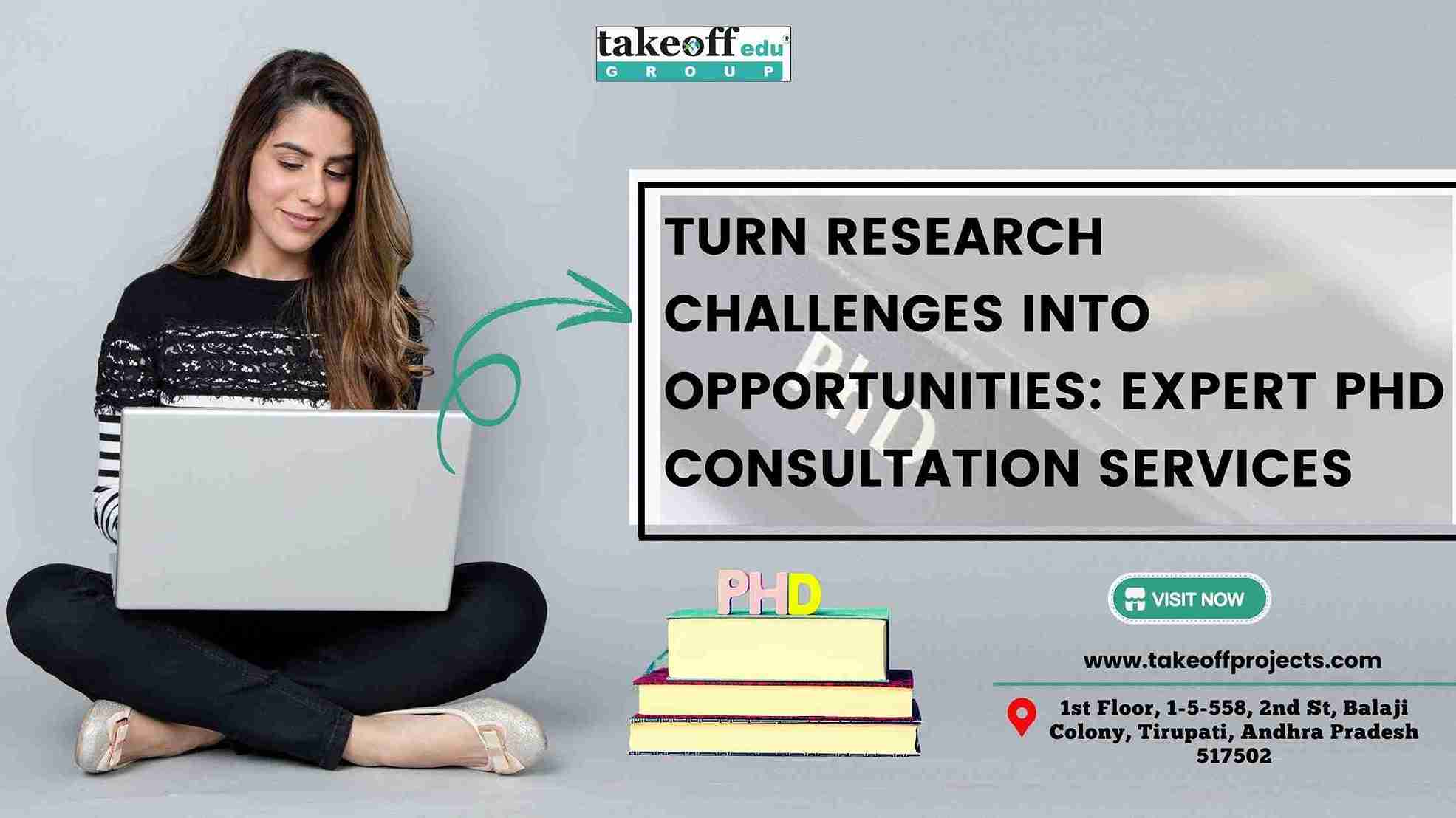 Turn Research Challenges into Opportunities: Expert PhD Consultation Services
Turn Research Challenges into Opportunities: Expert PhD Consultation Services 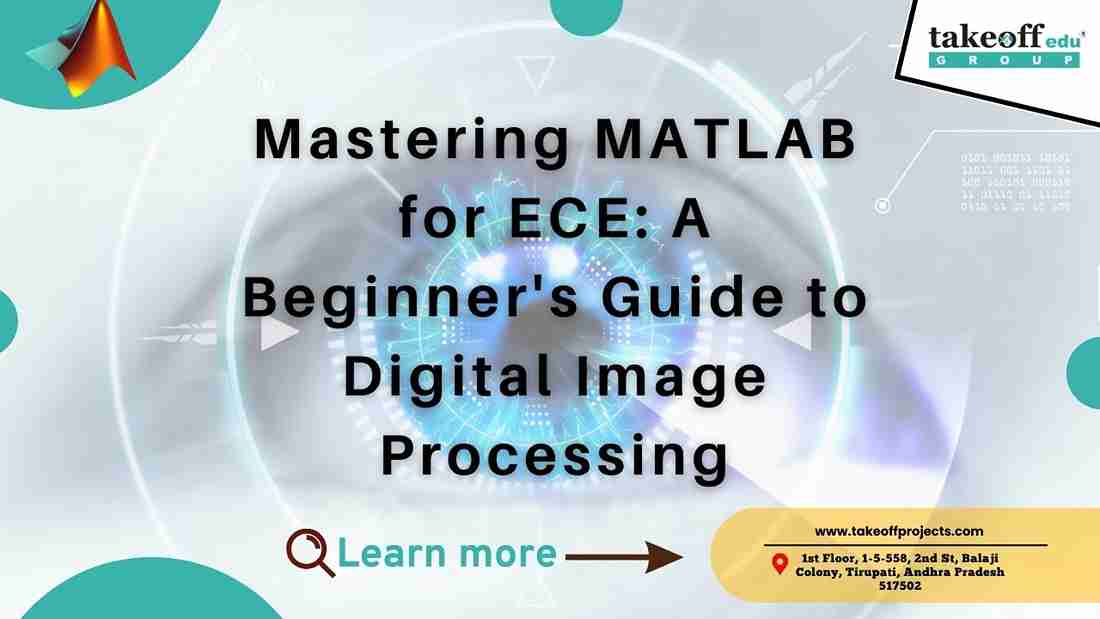 Mastering MATLAB for ECE: A Beginner's Guide to Digital Image Processing
Mastering MATLAB for ECE: A Beginner's Guide to Digital Image Processing 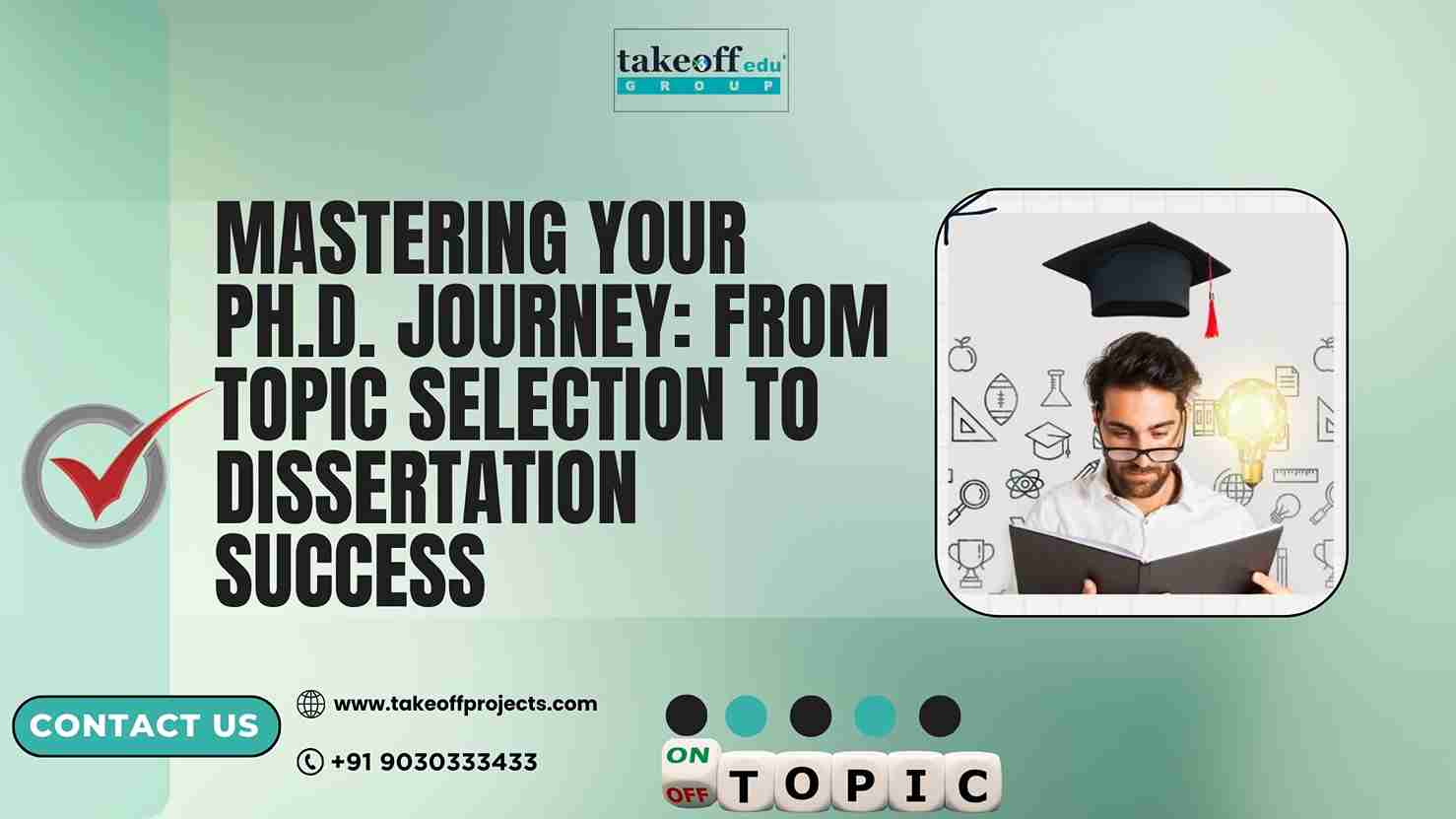 Mastering Your PhD Journey: From Topic Selection to Dissertation Success
Mastering Your PhD Journey: From Topic Selection to Dissertation Success 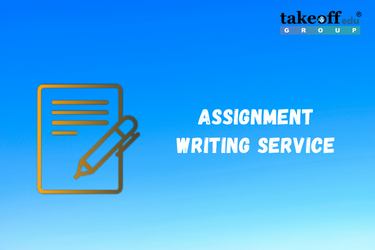 Assignment Writing Service
Assignment Writing Service 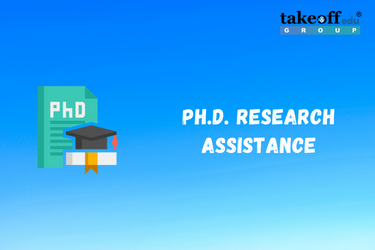 PhD Research Assistance
PhD Research Assistance 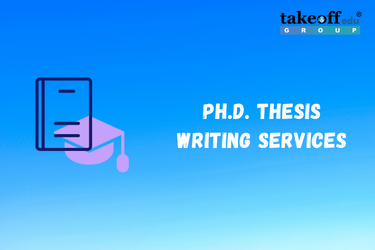 PhD Thesis Writing Services
PhD Thesis Writing Services 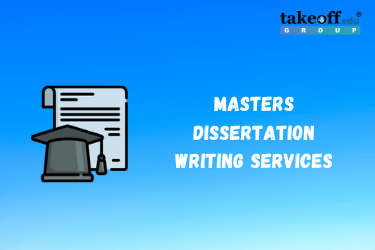 Masters Dissertation Writing
Masters Dissertation Writing 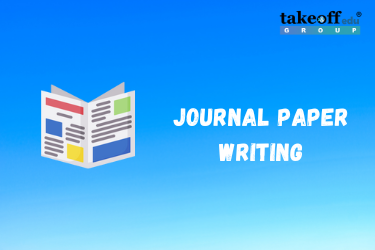 Journal Paper Writing
Journal Paper Writing 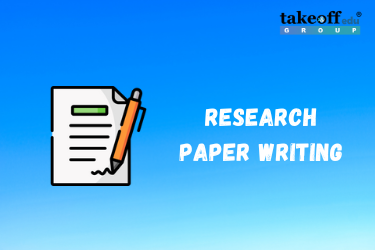 Research Paper Writing Services
Research Paper Writing Services 
 Paper Publishing
Paper Publishing


